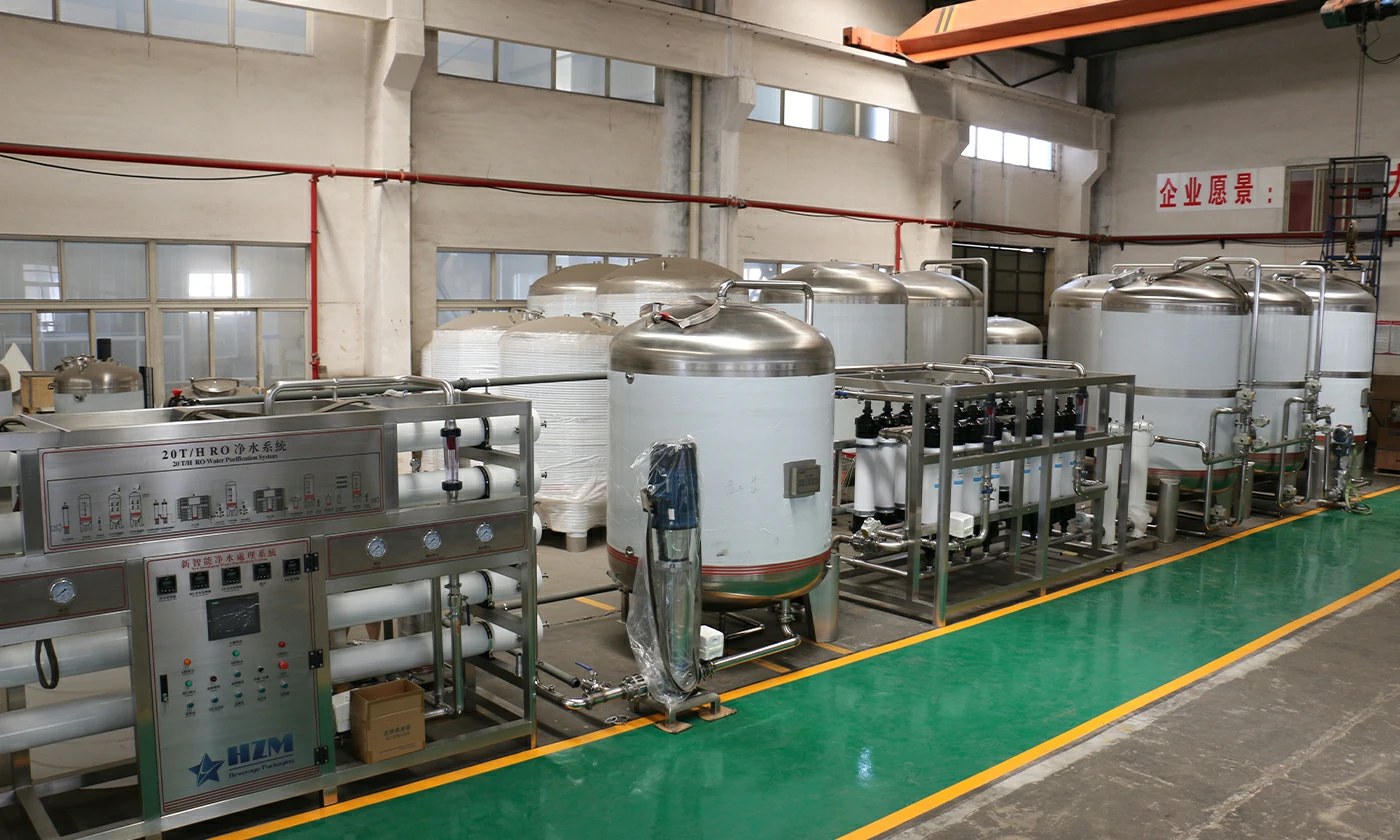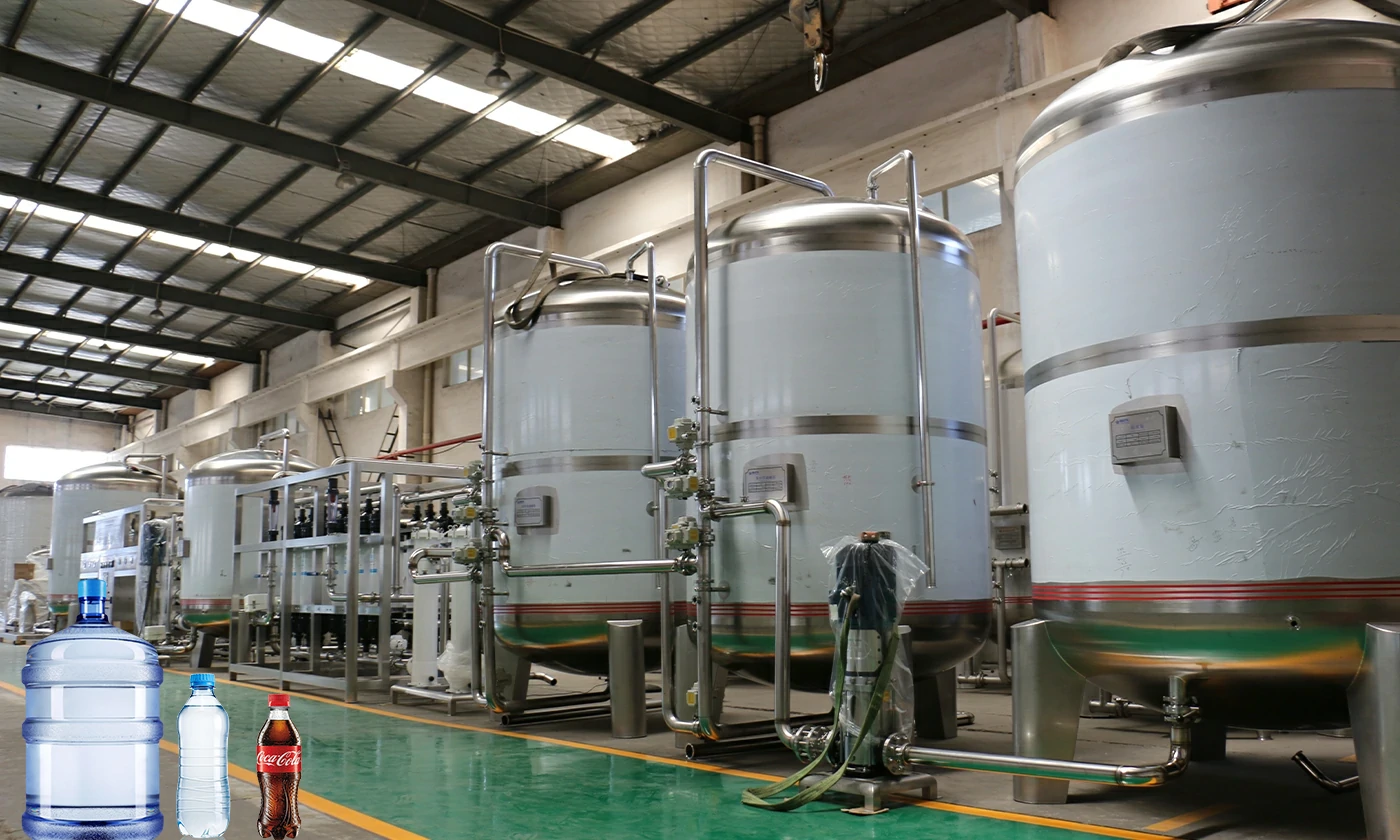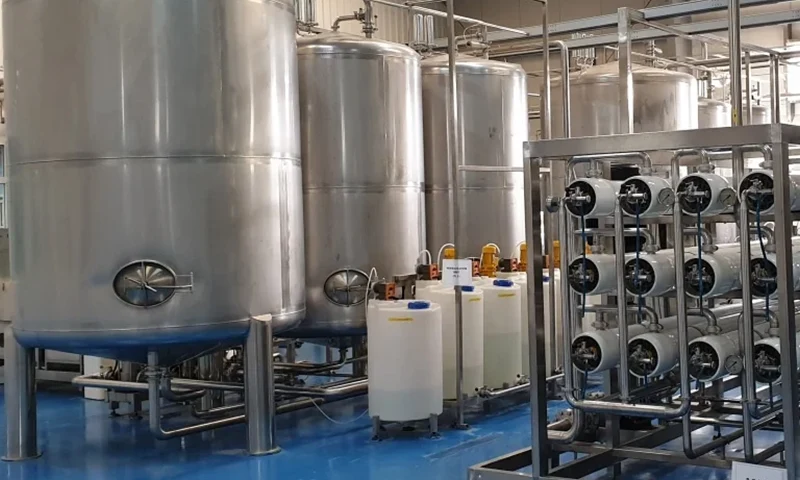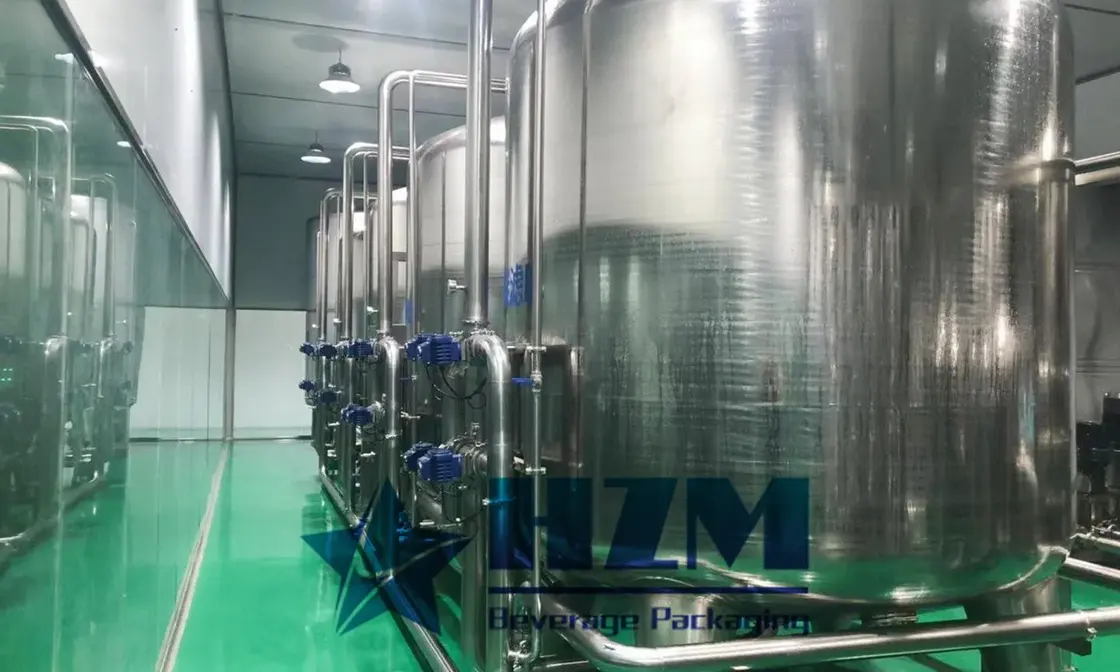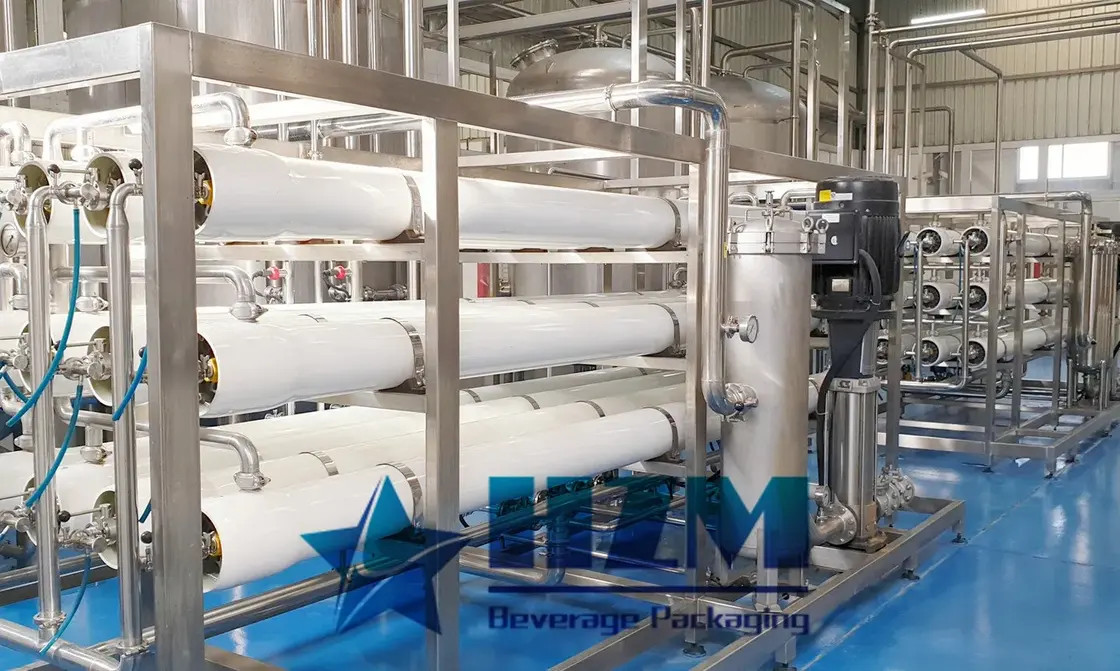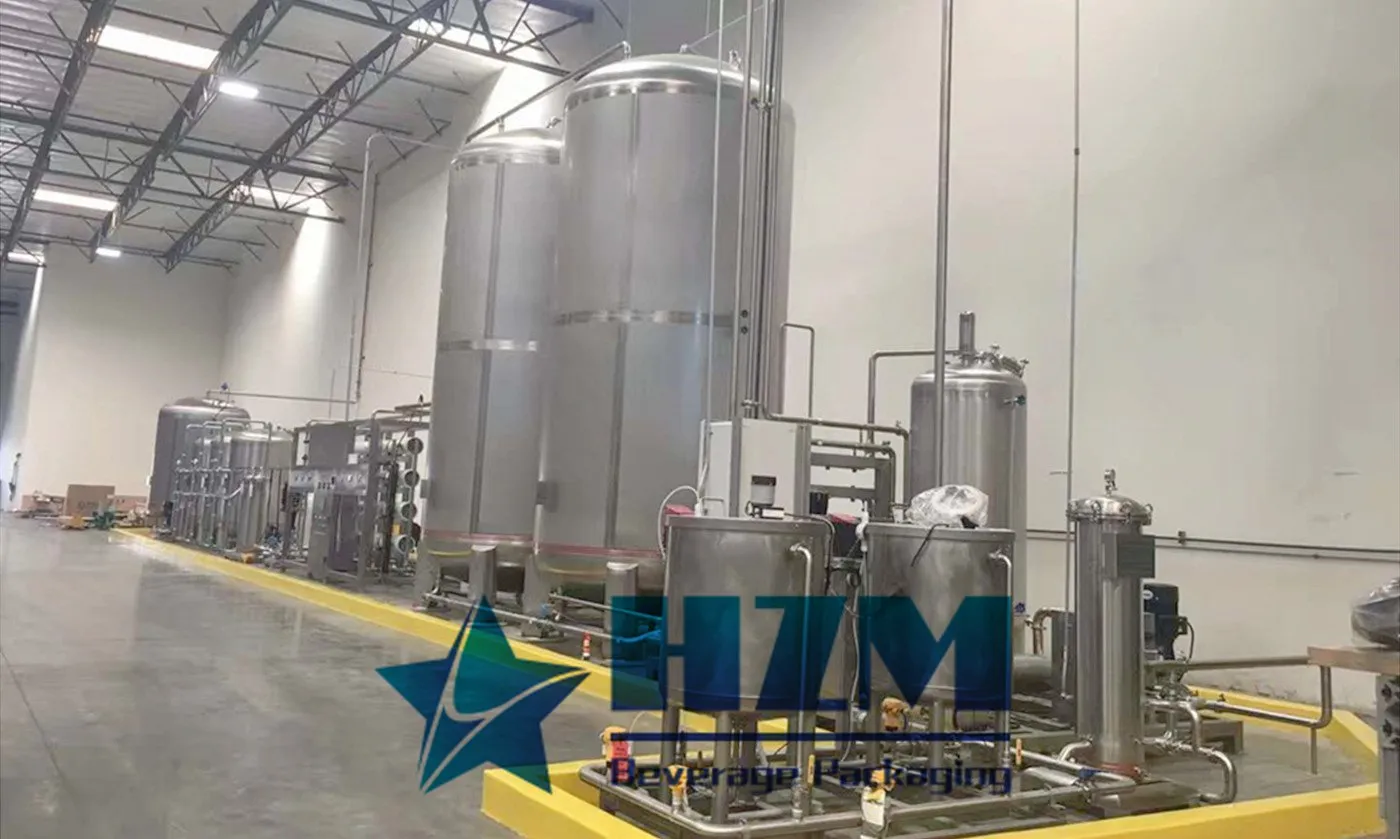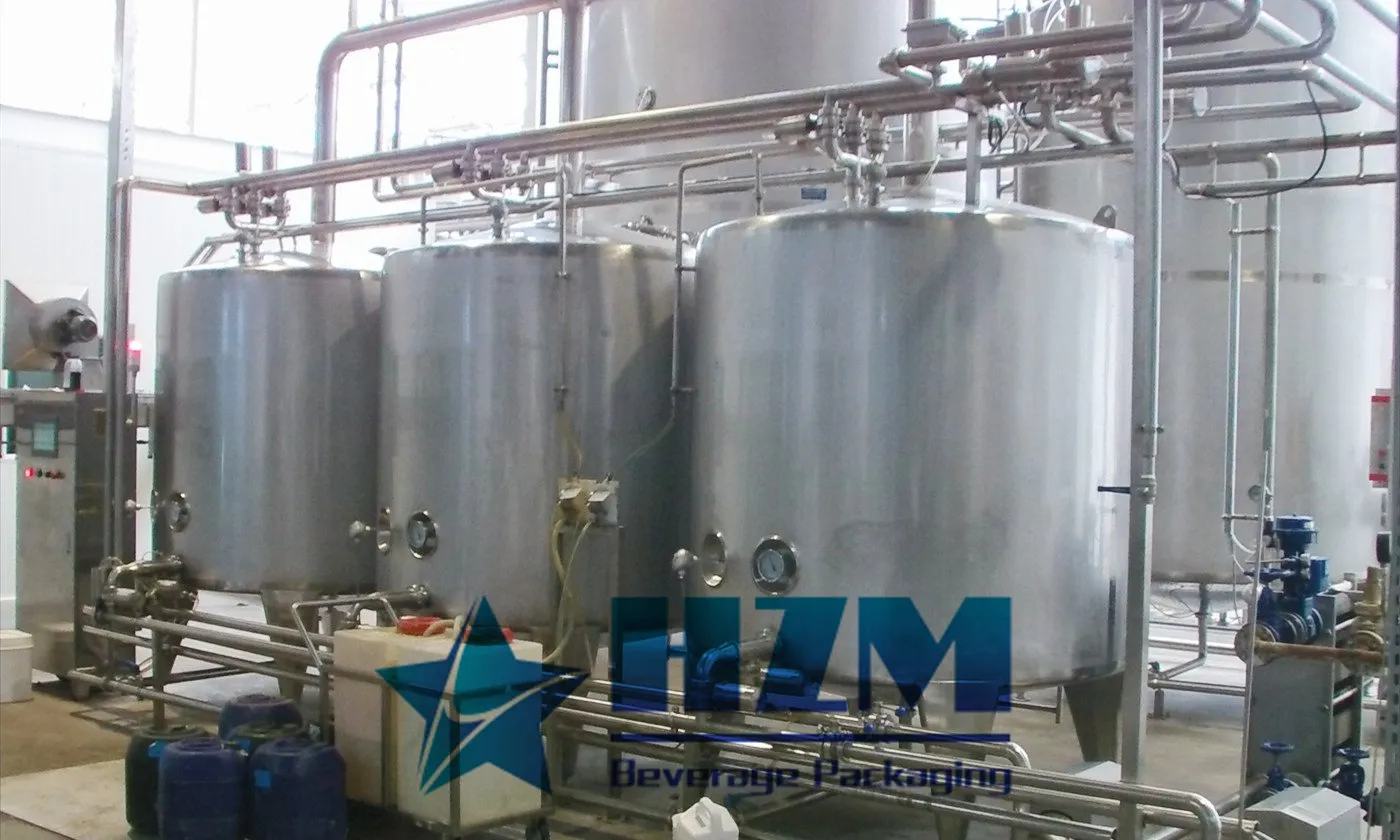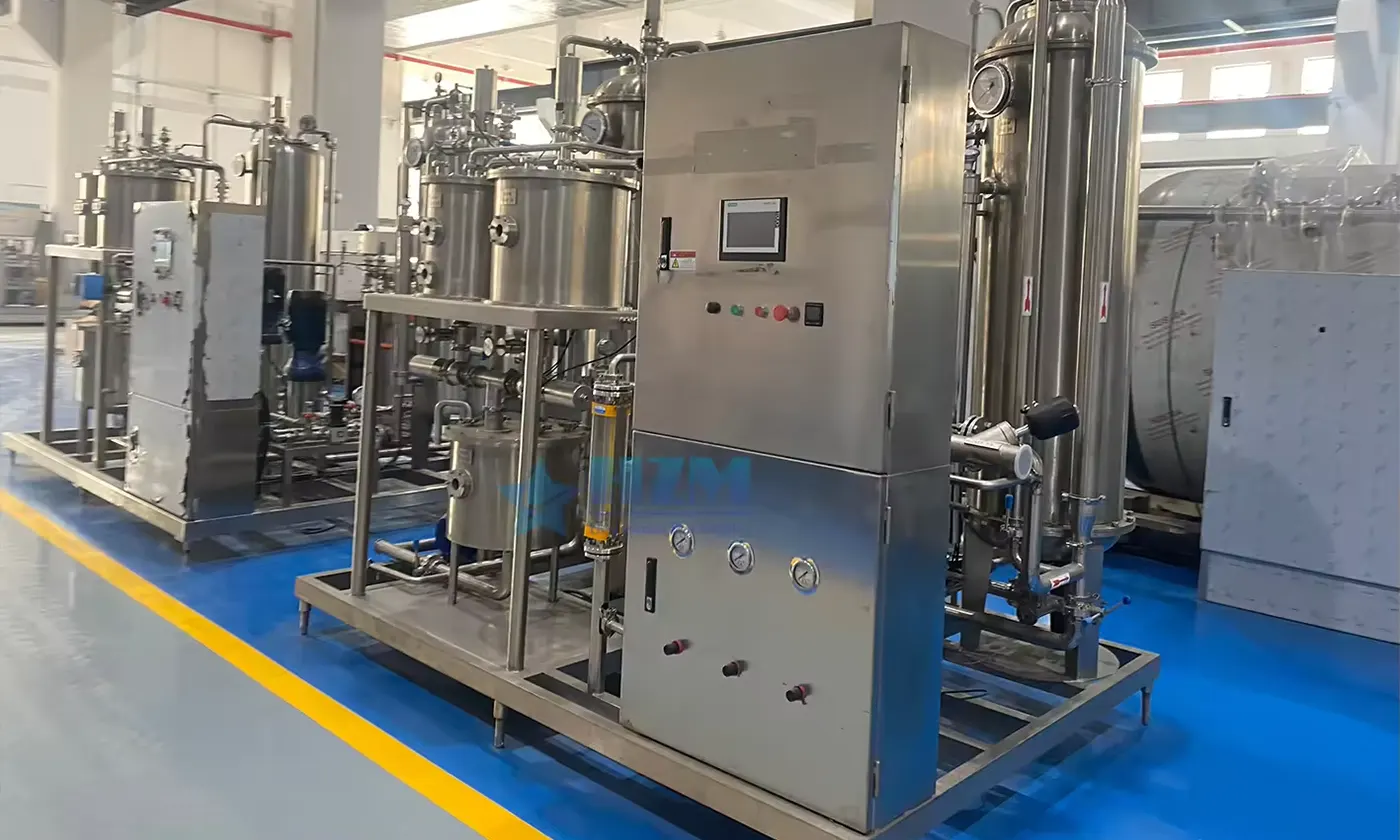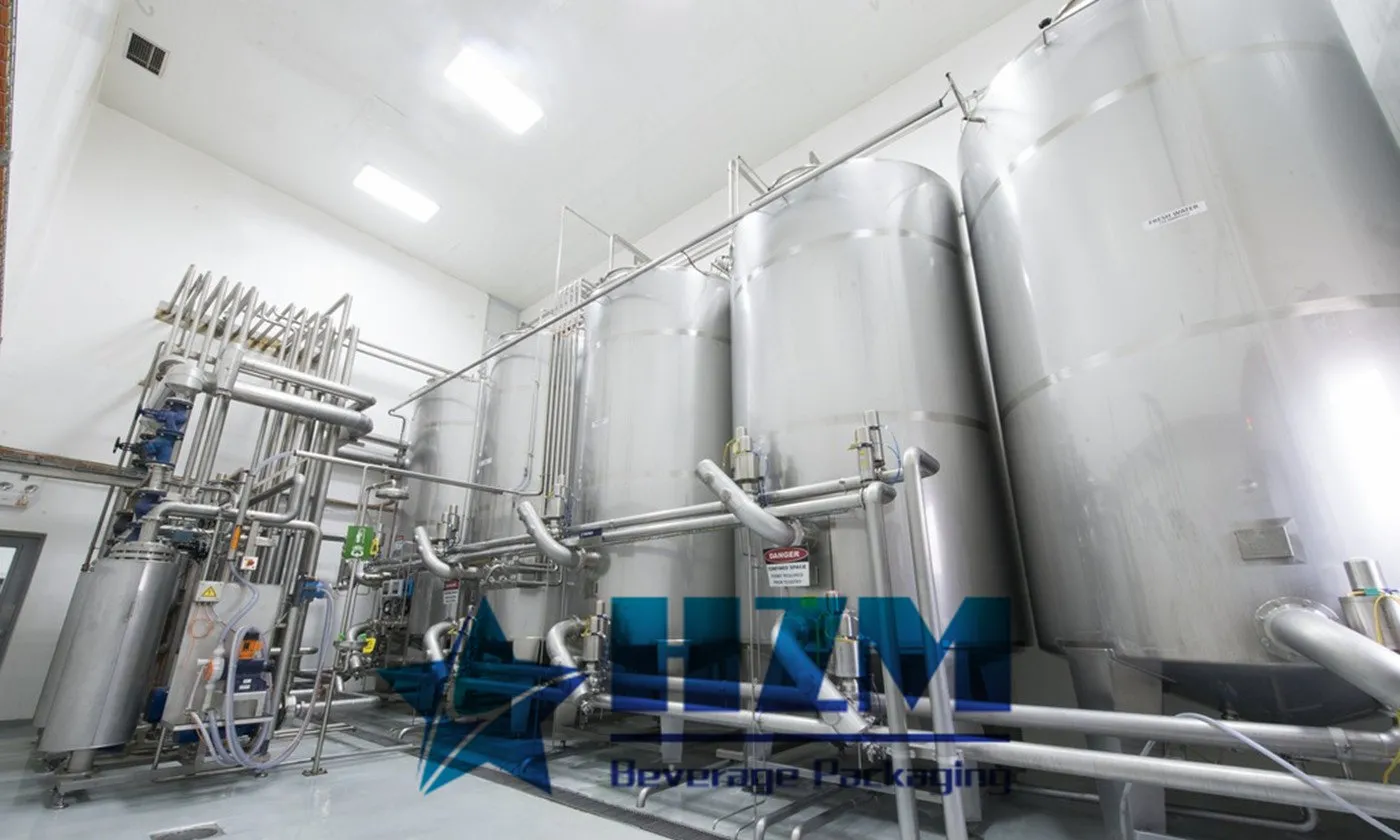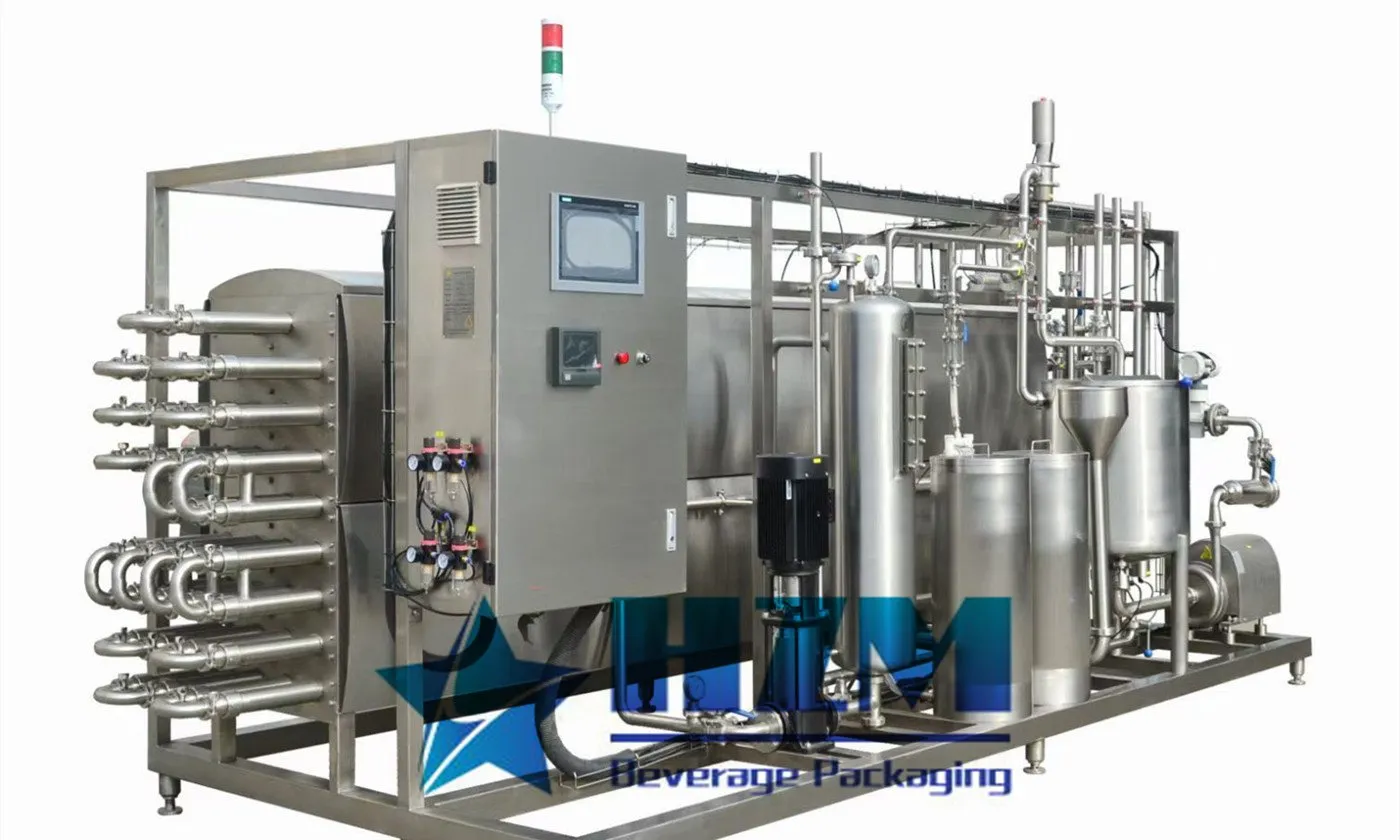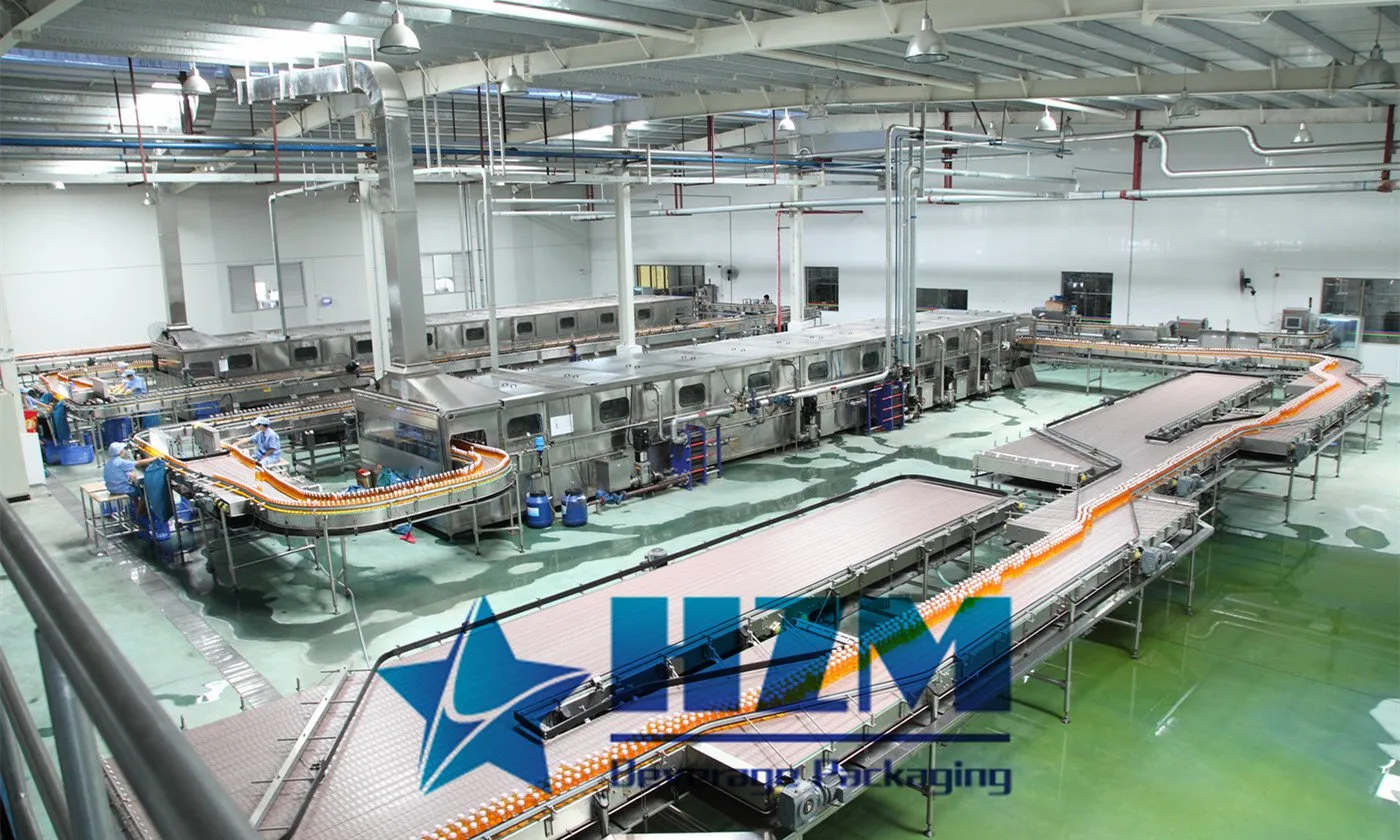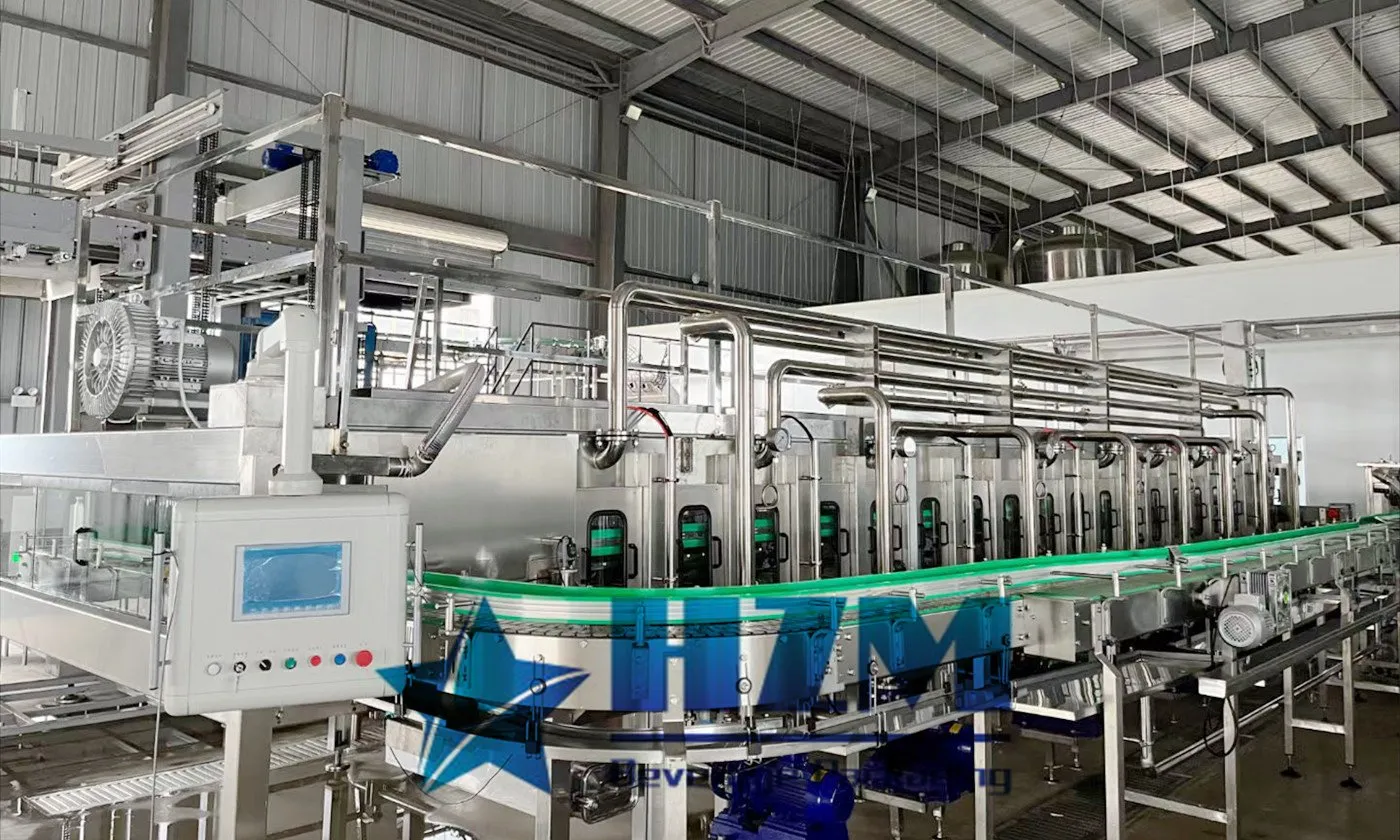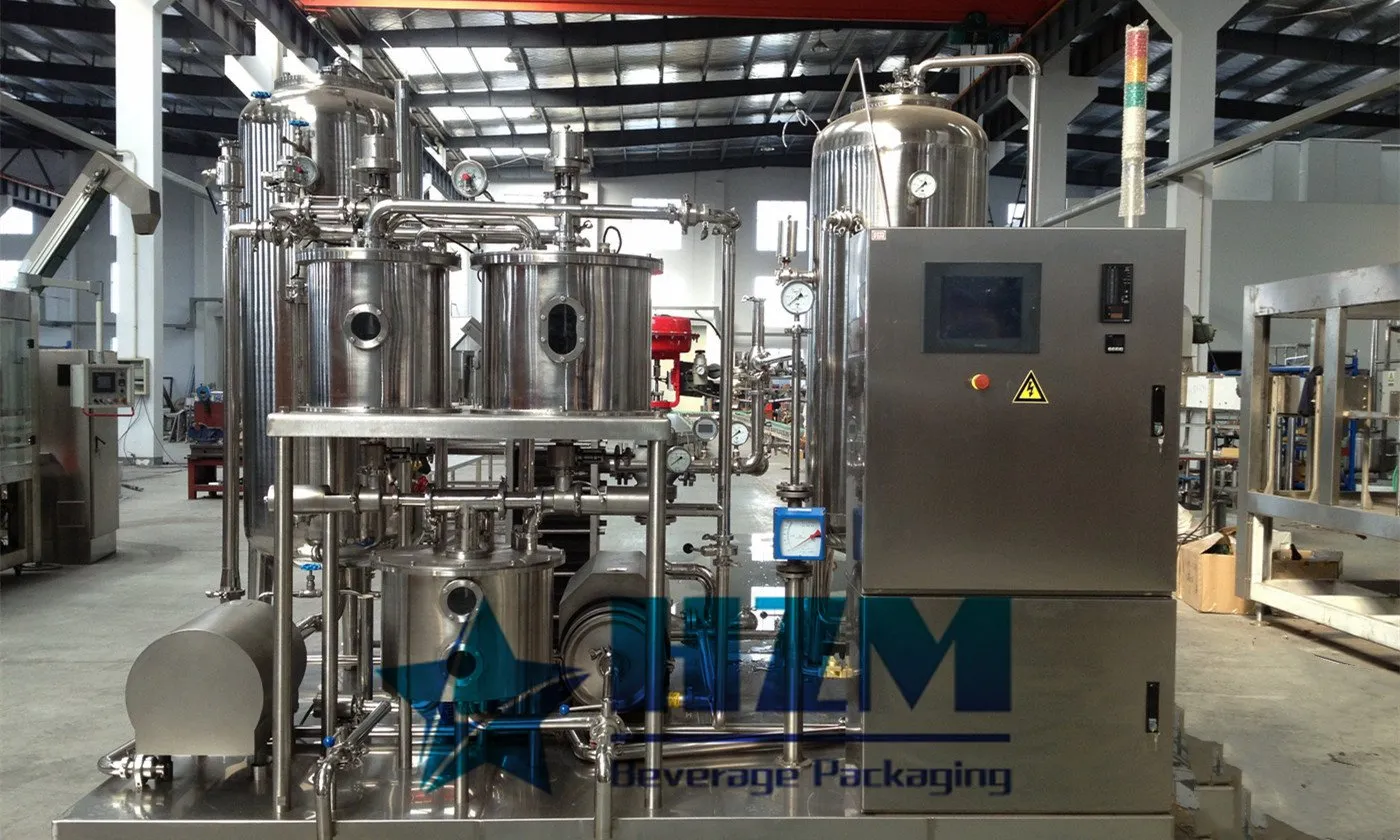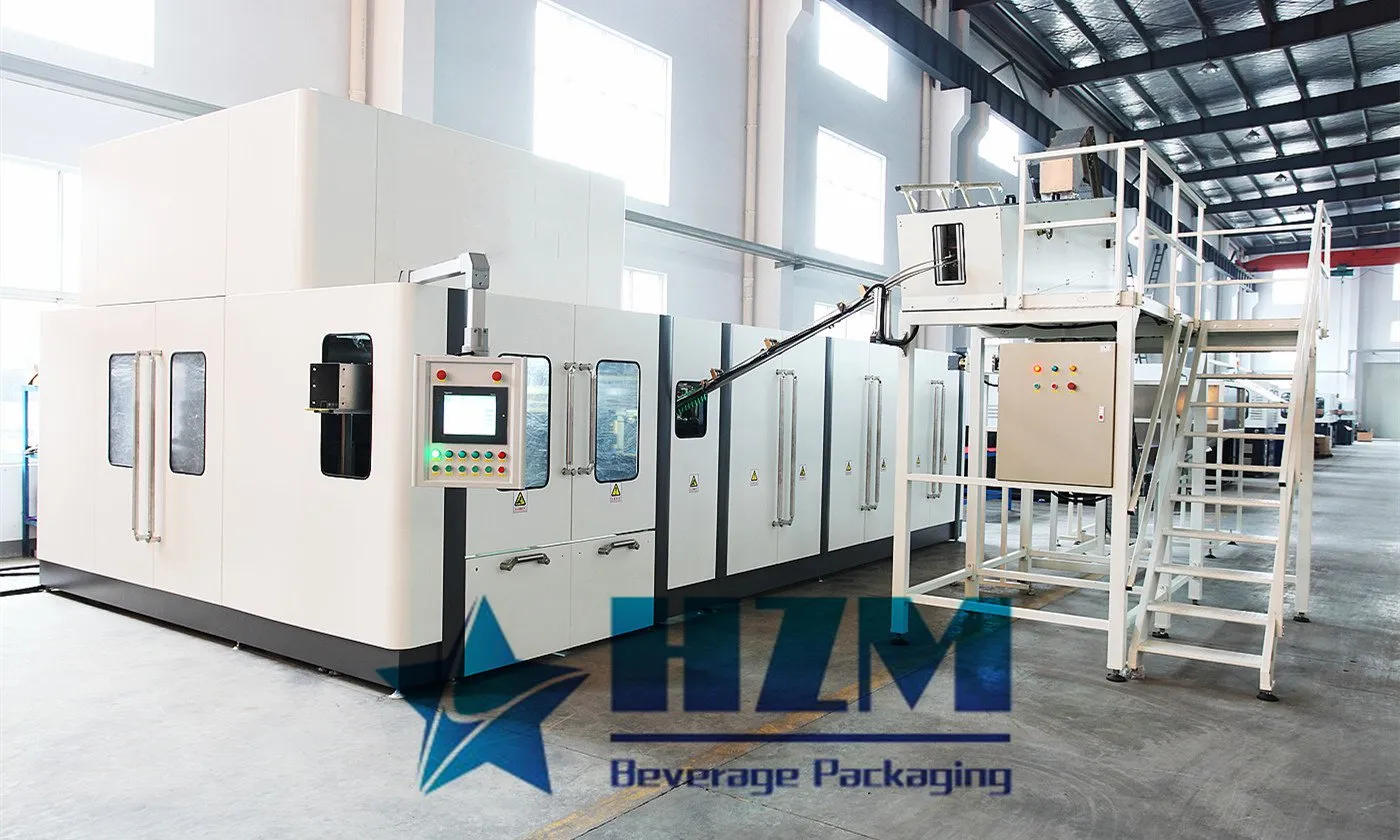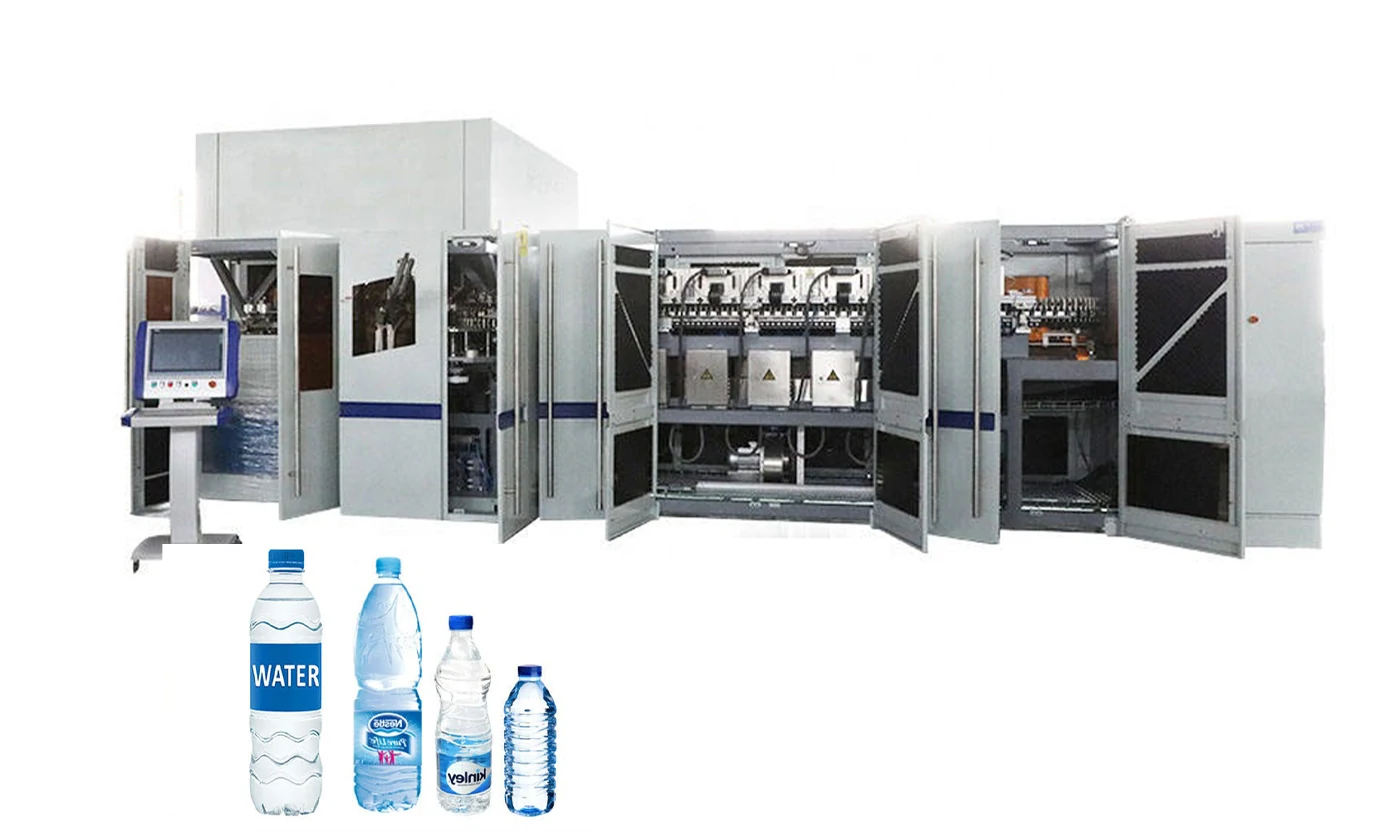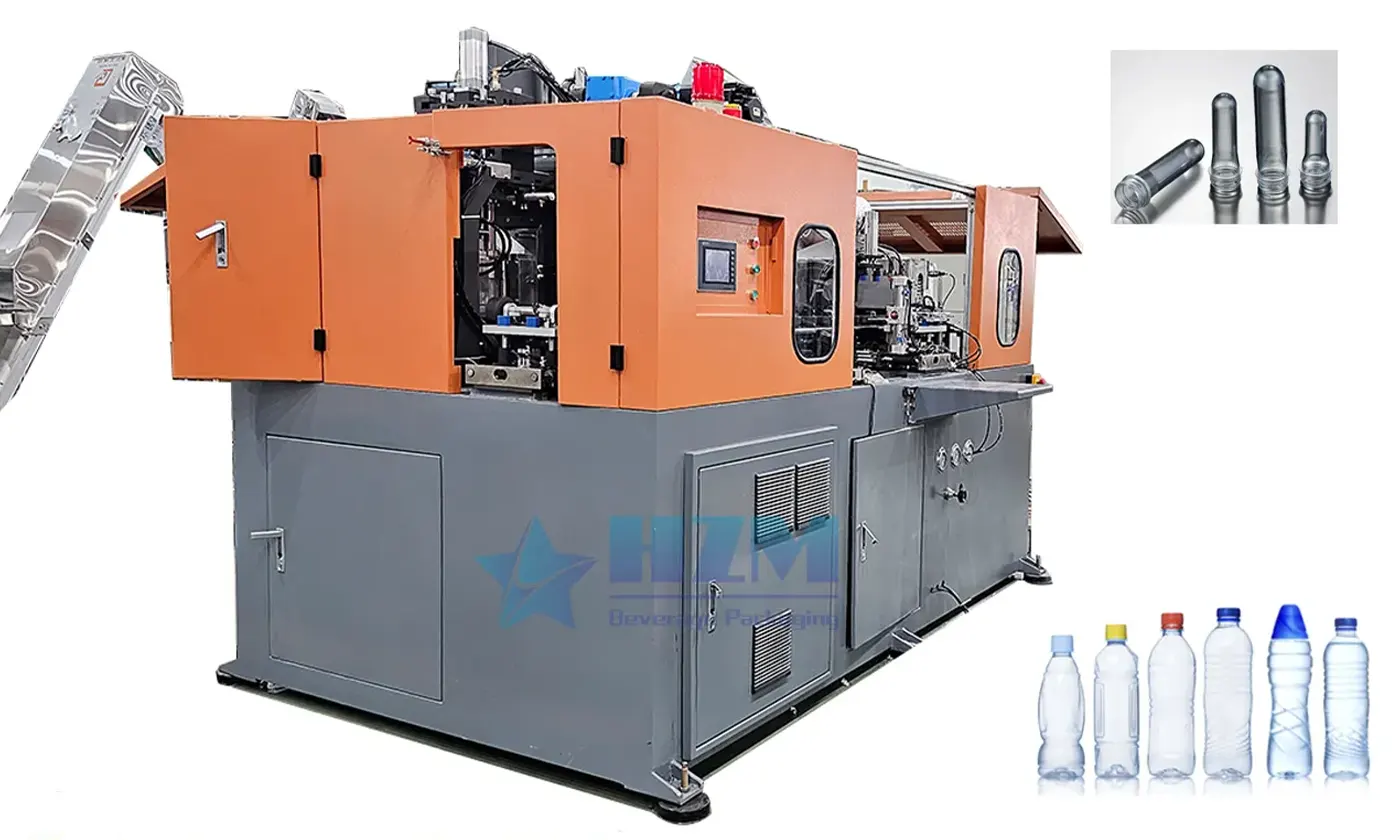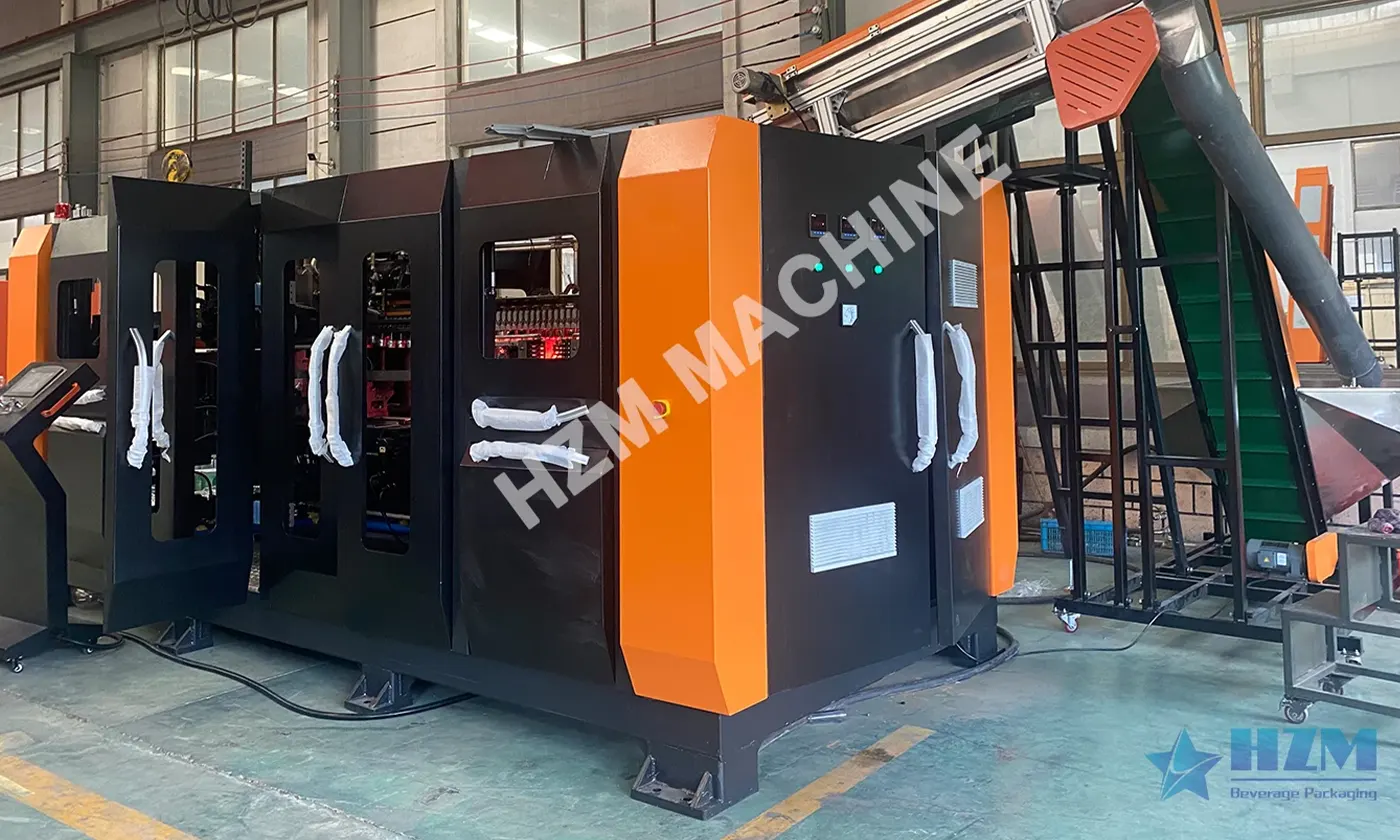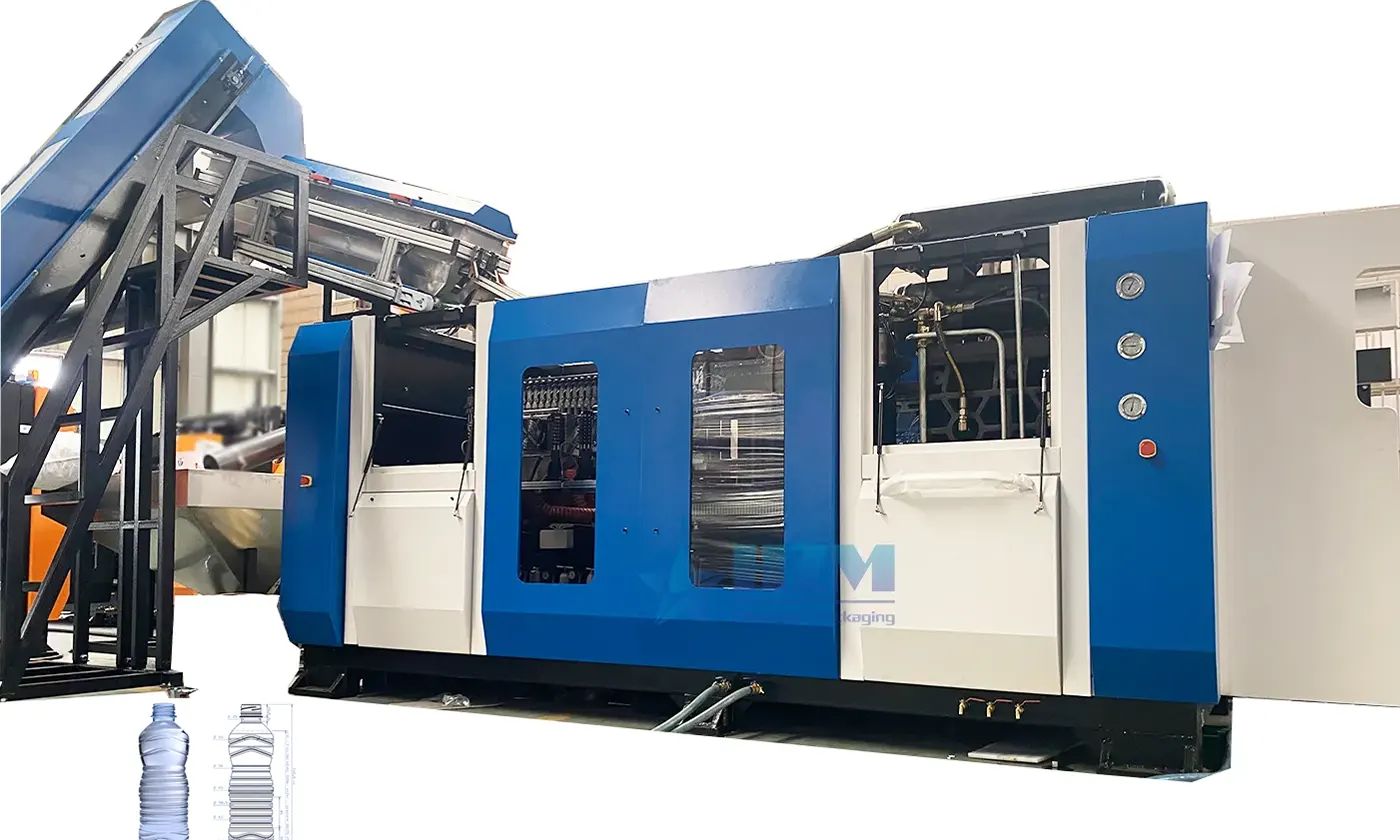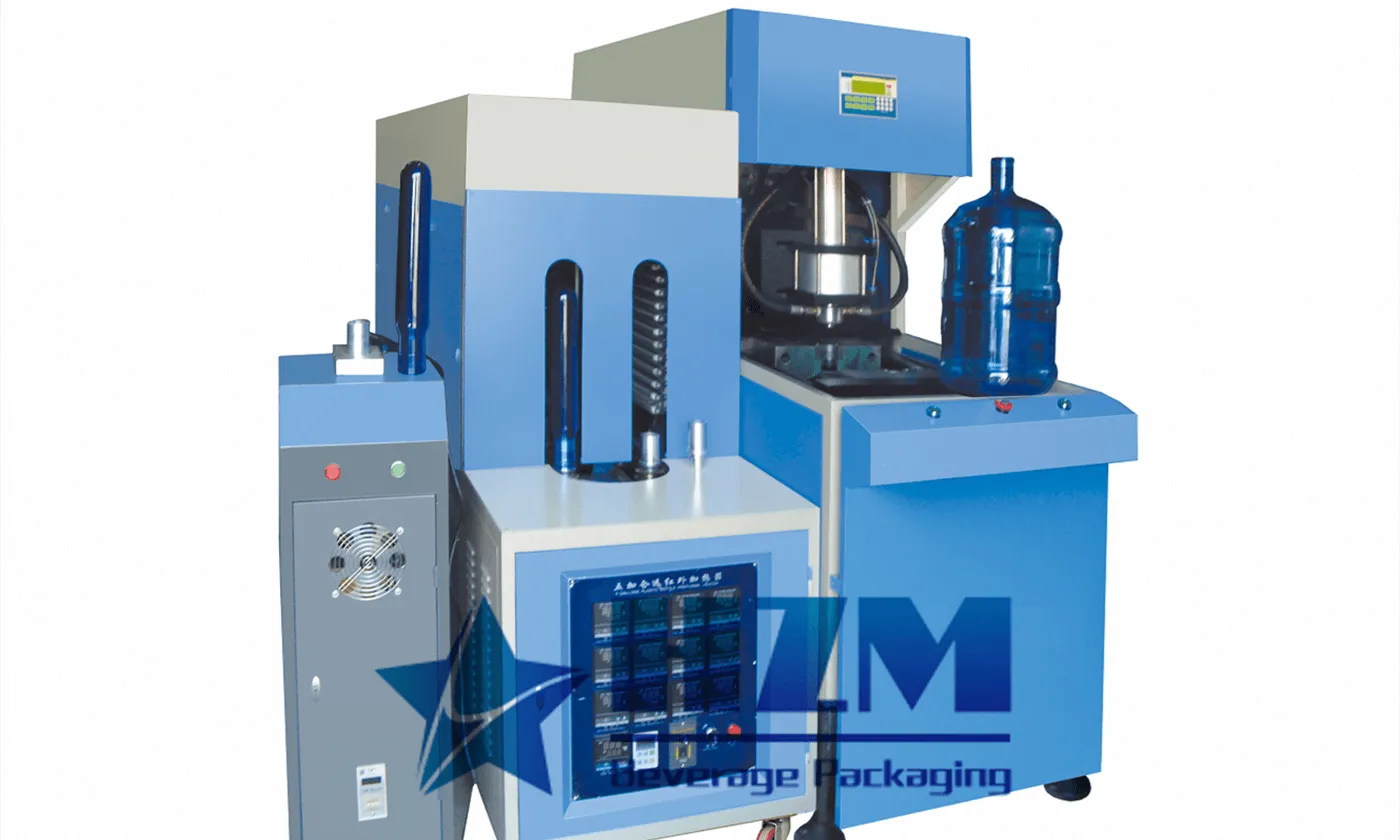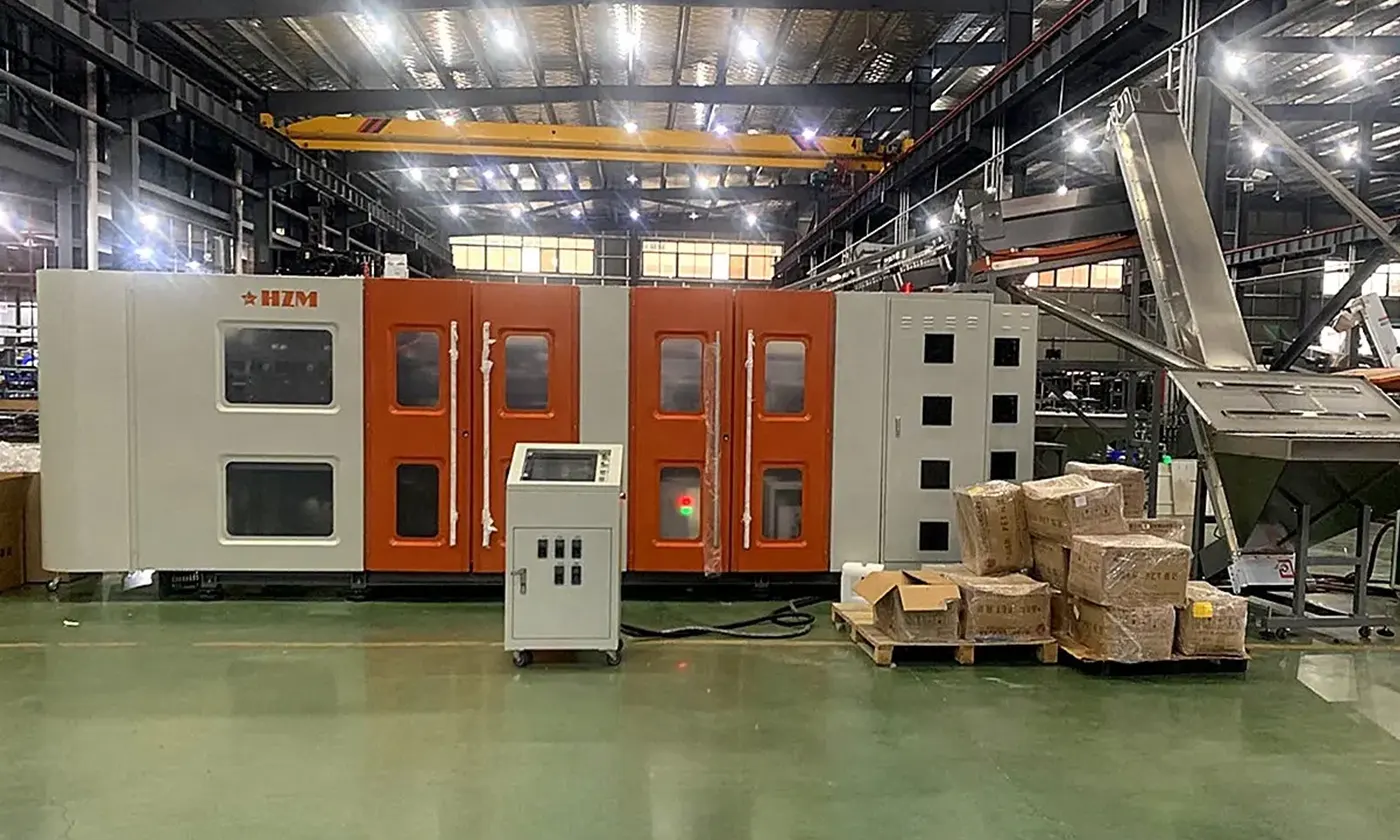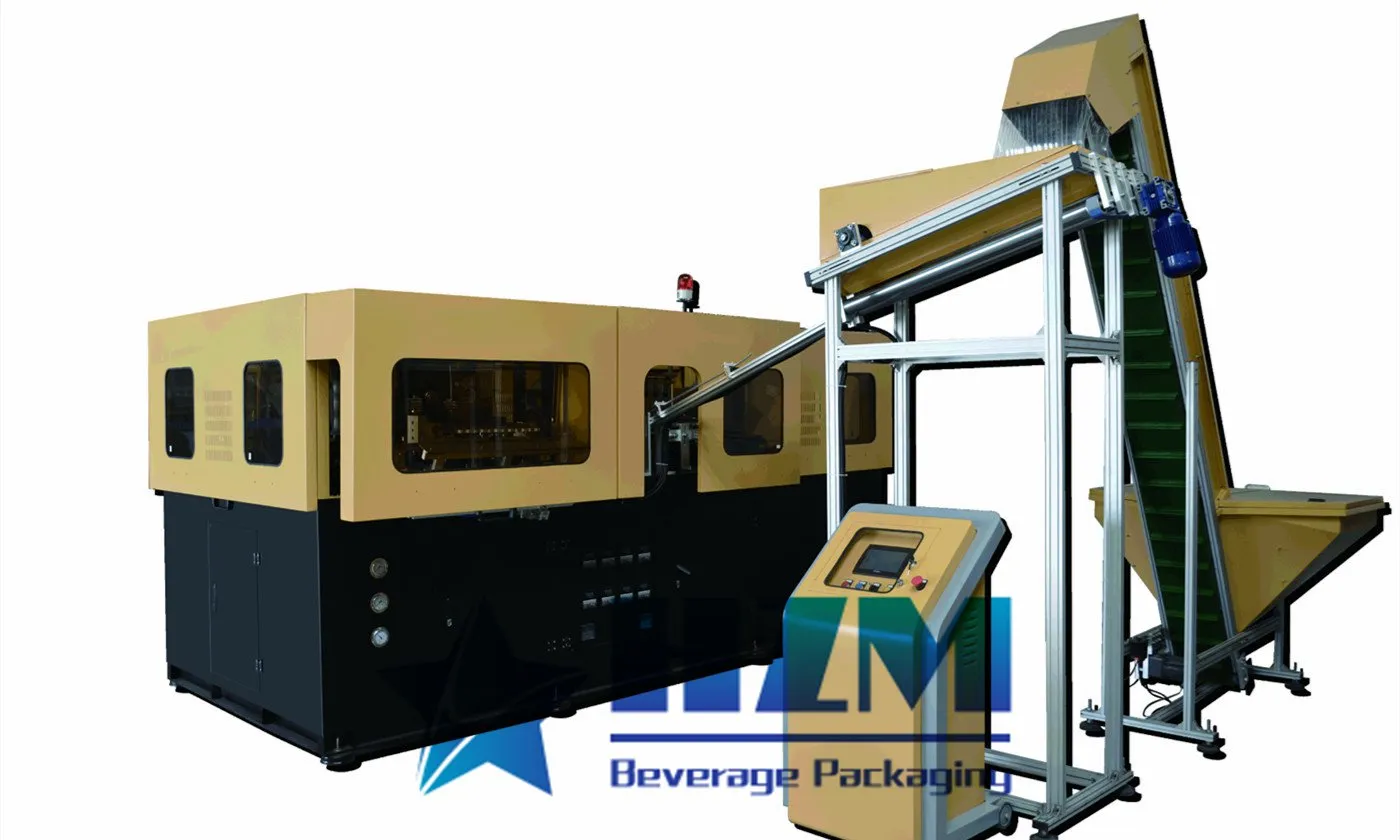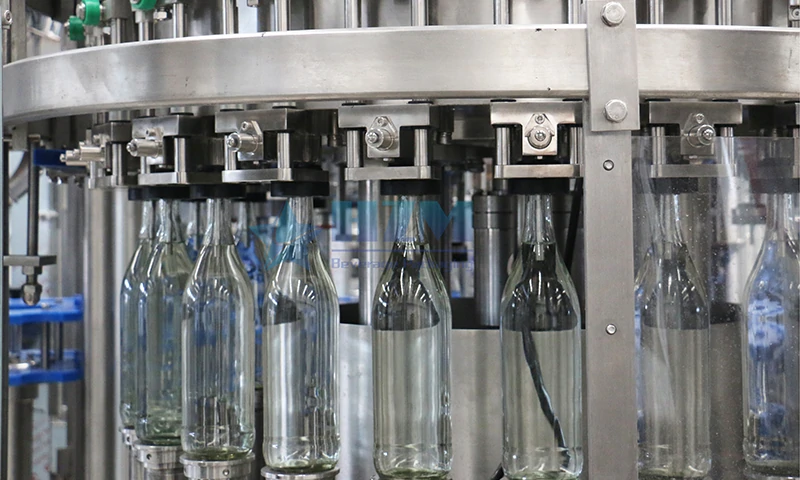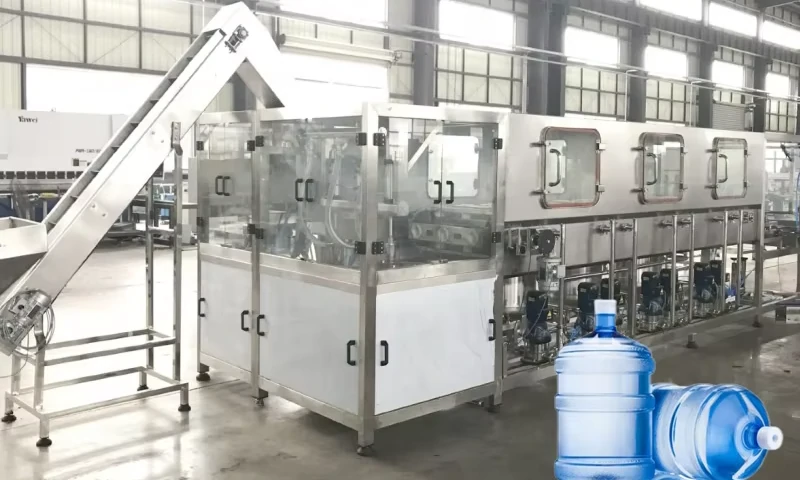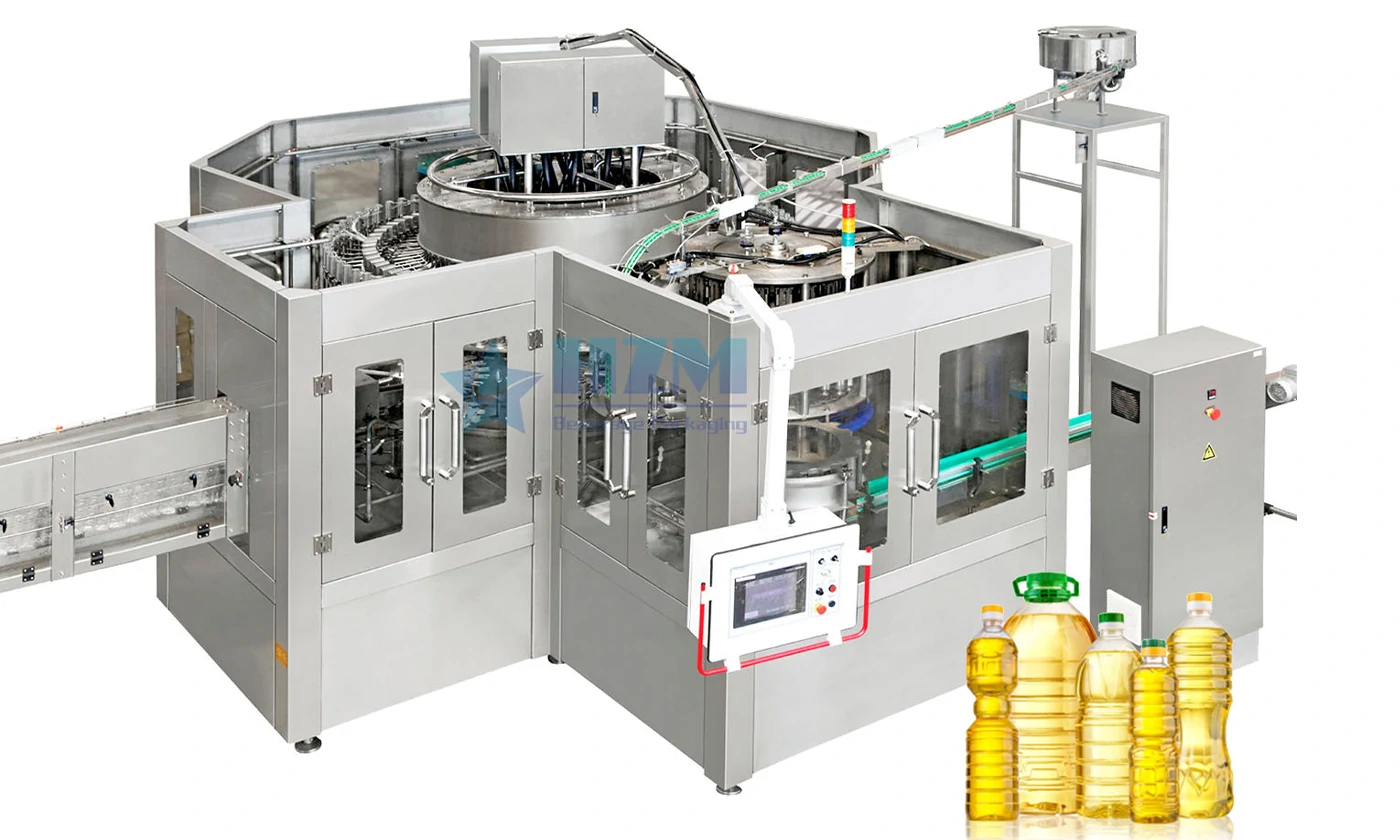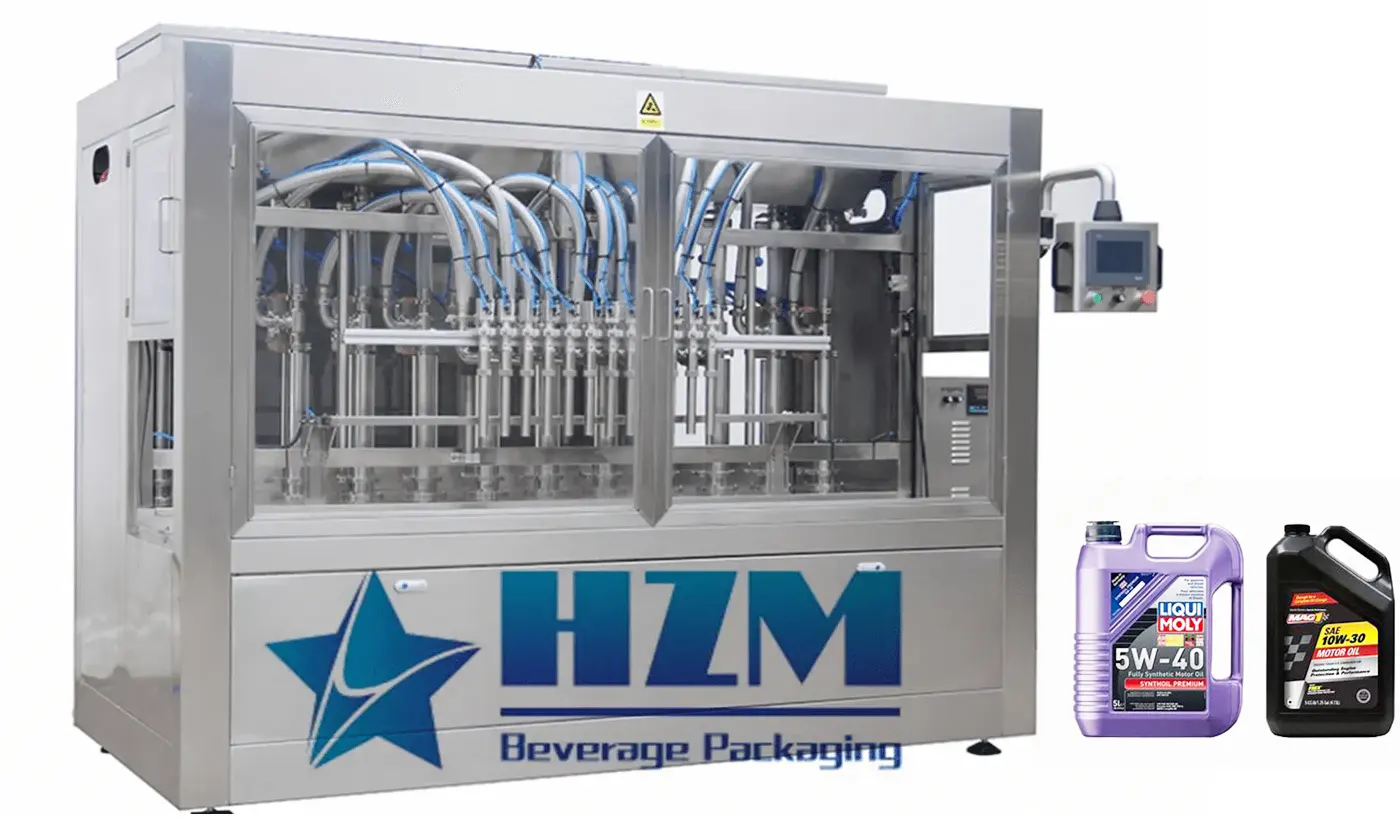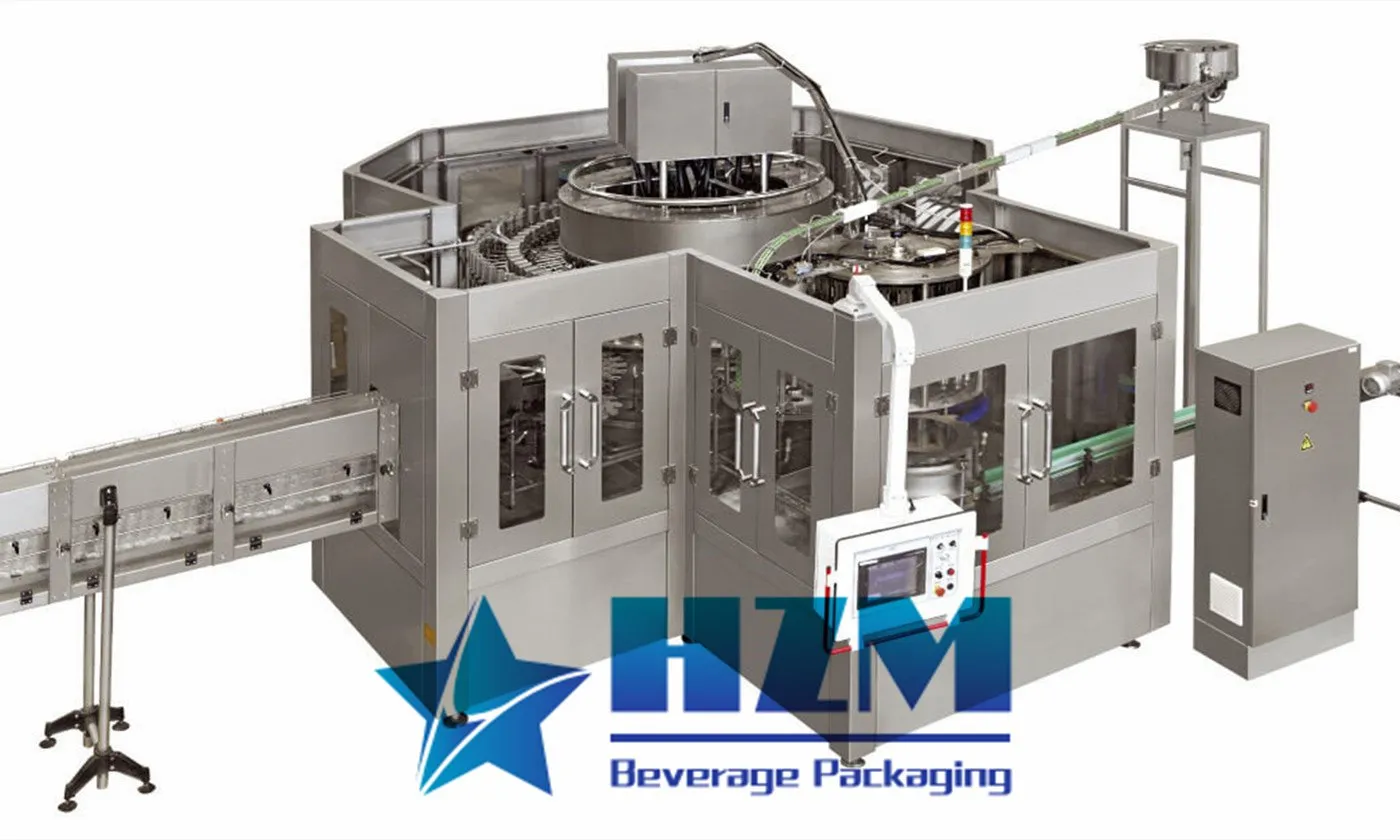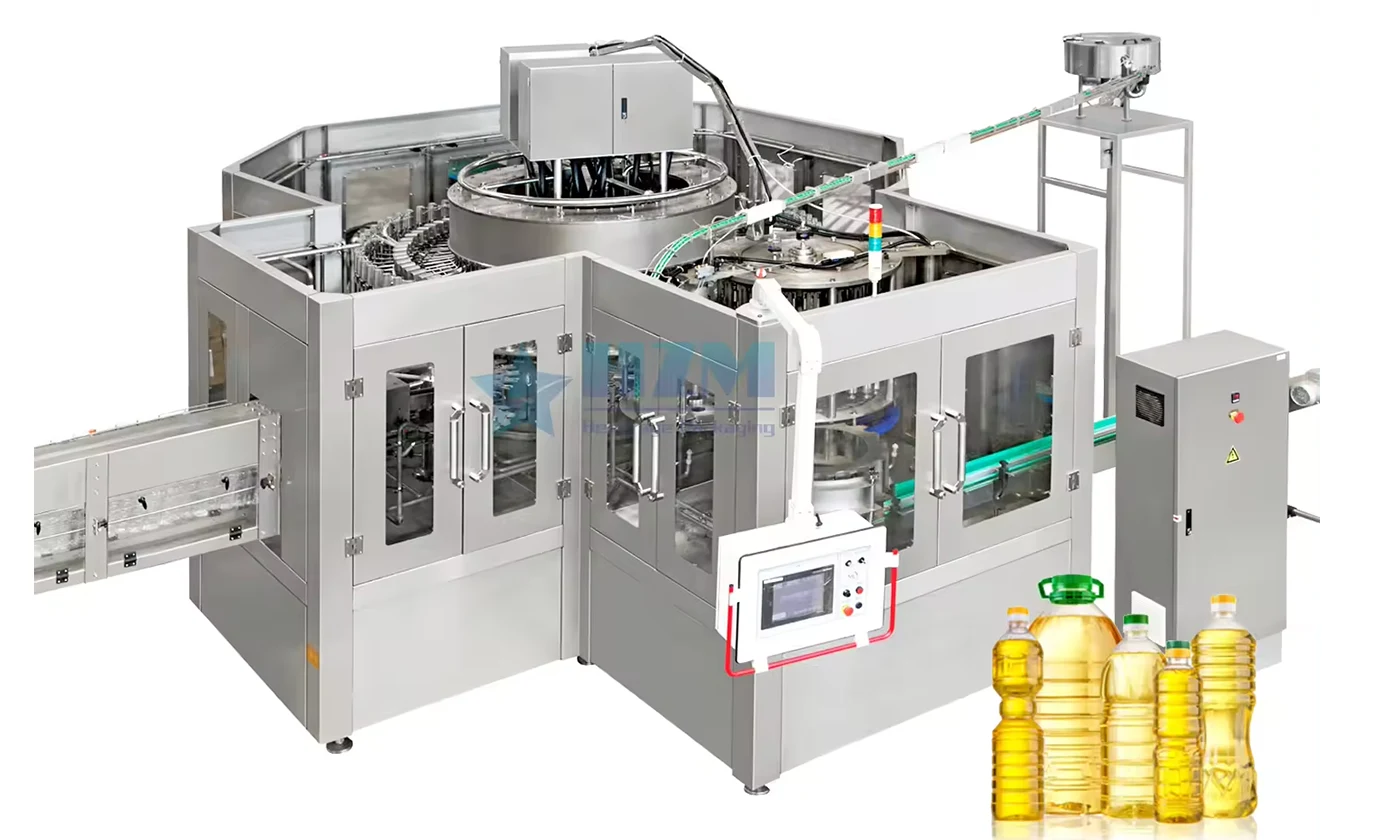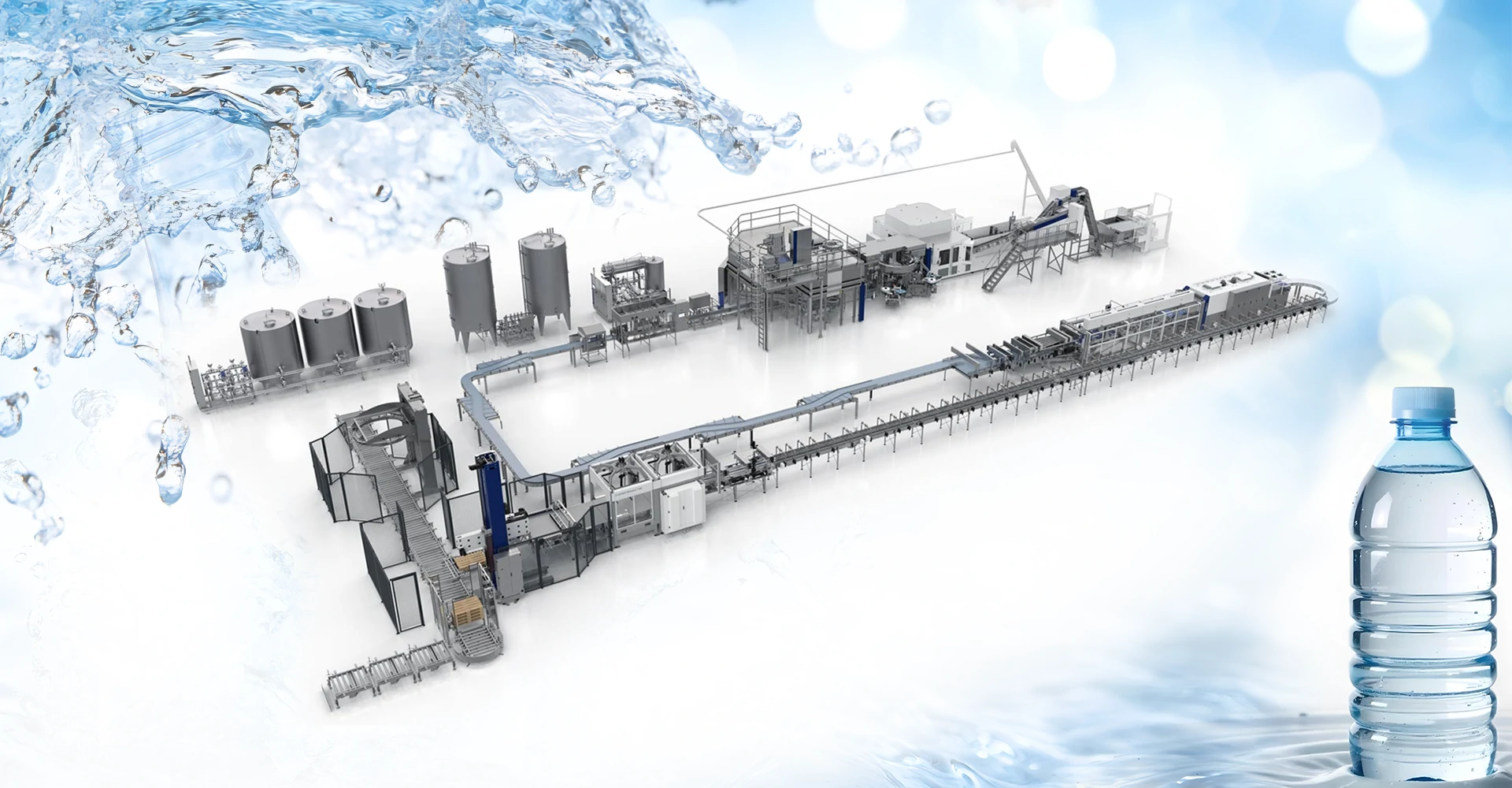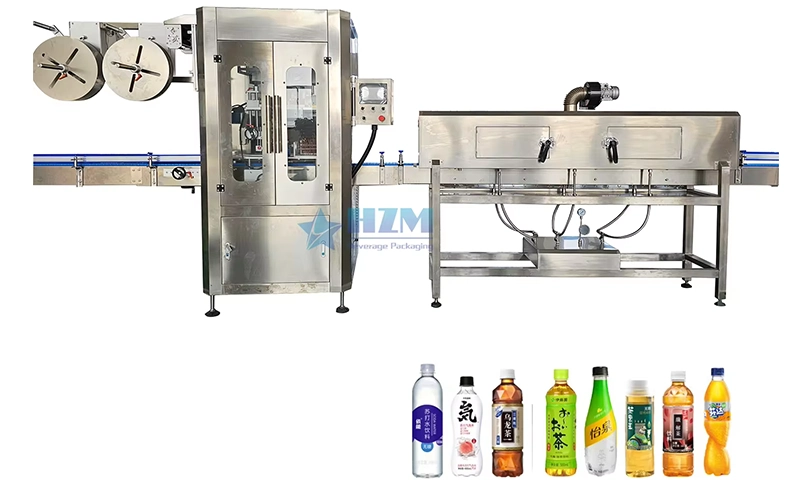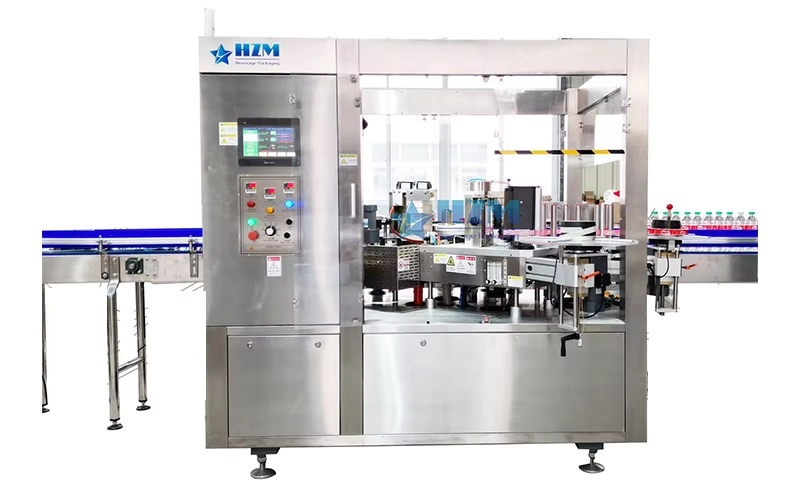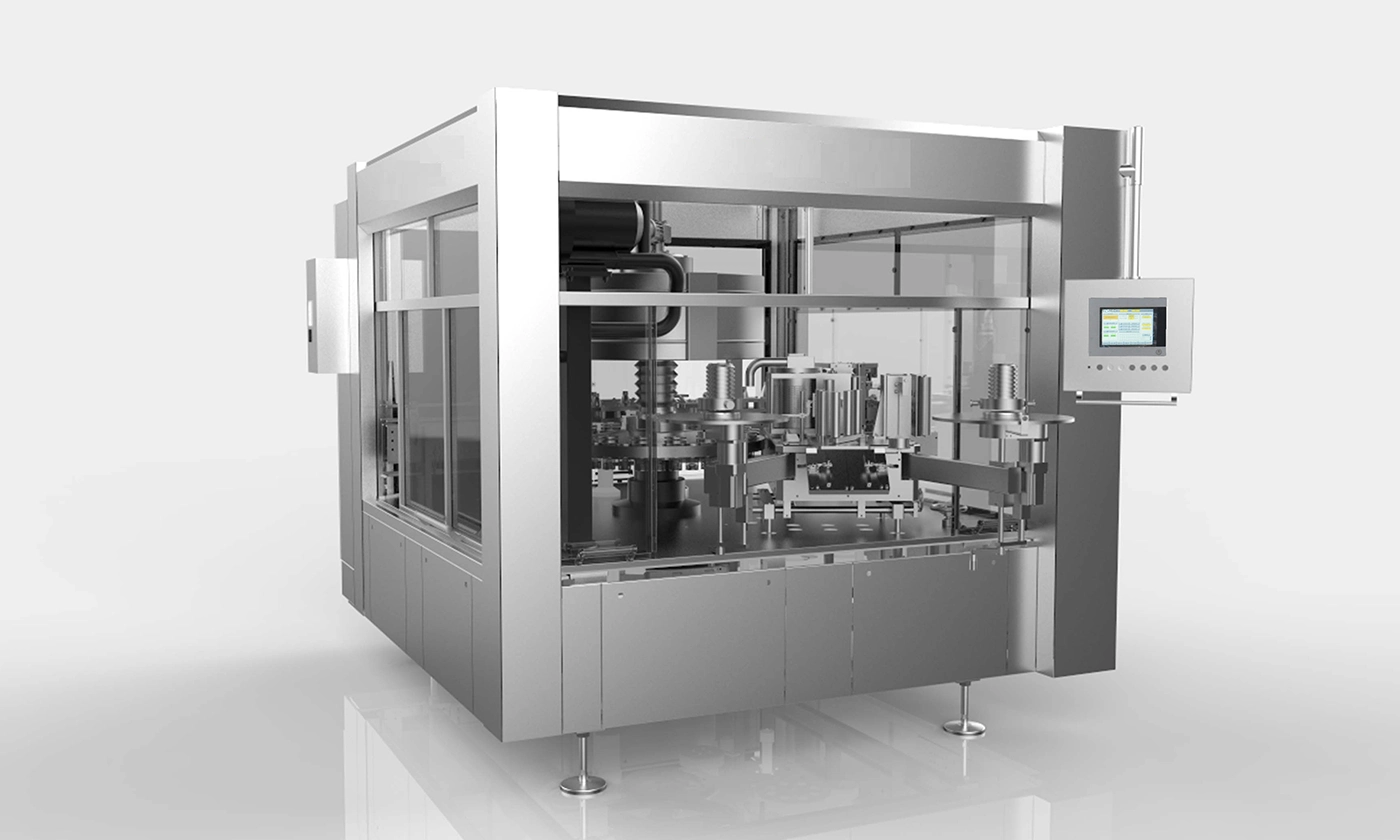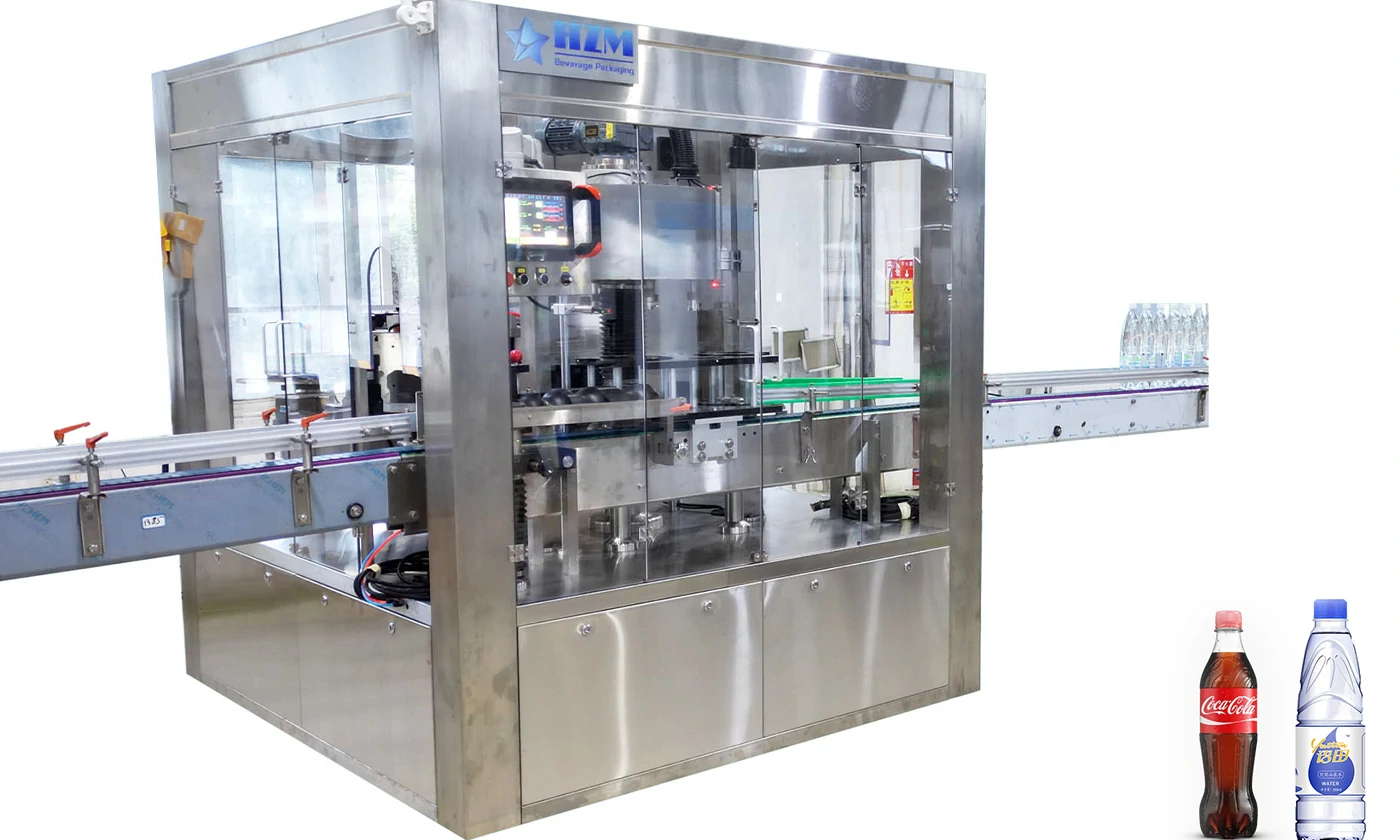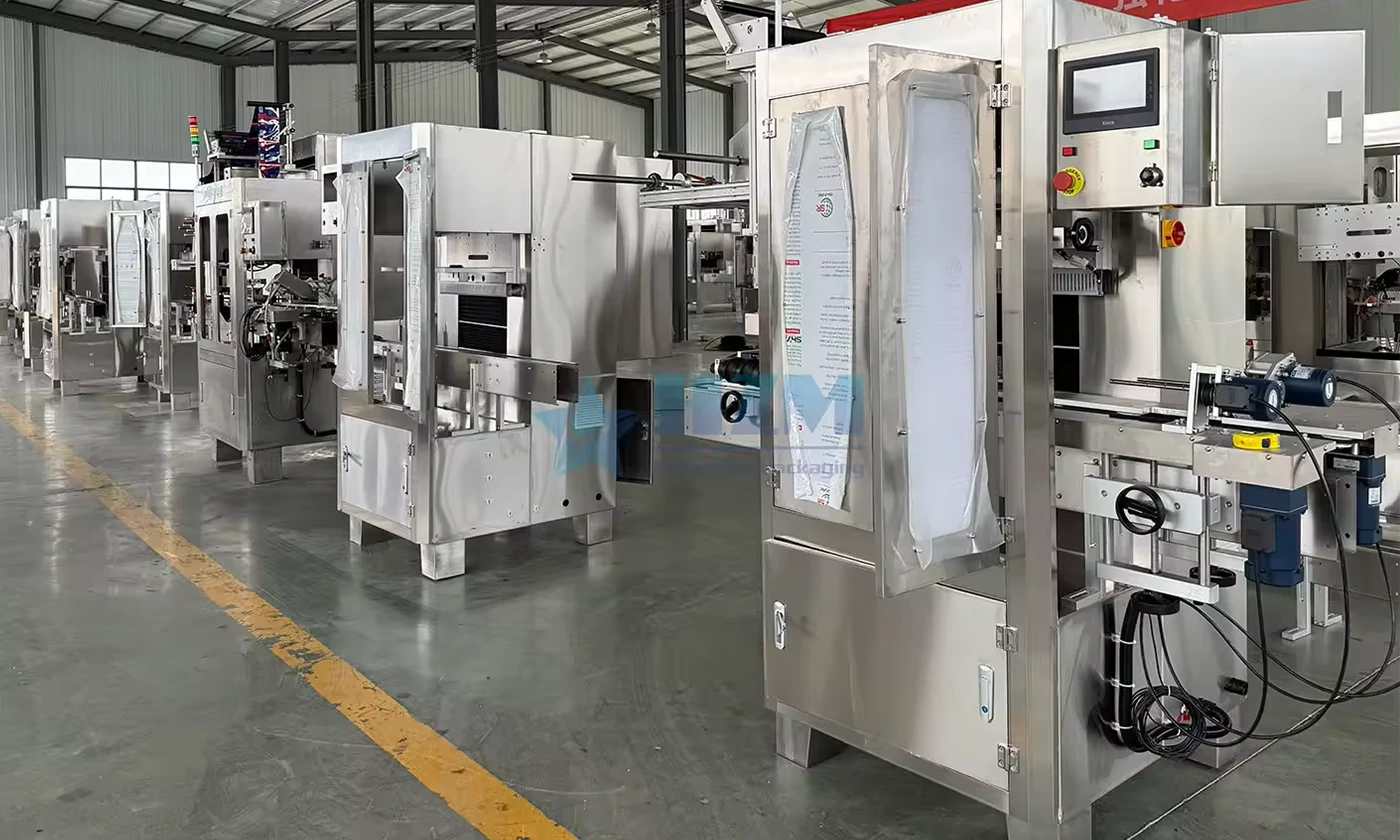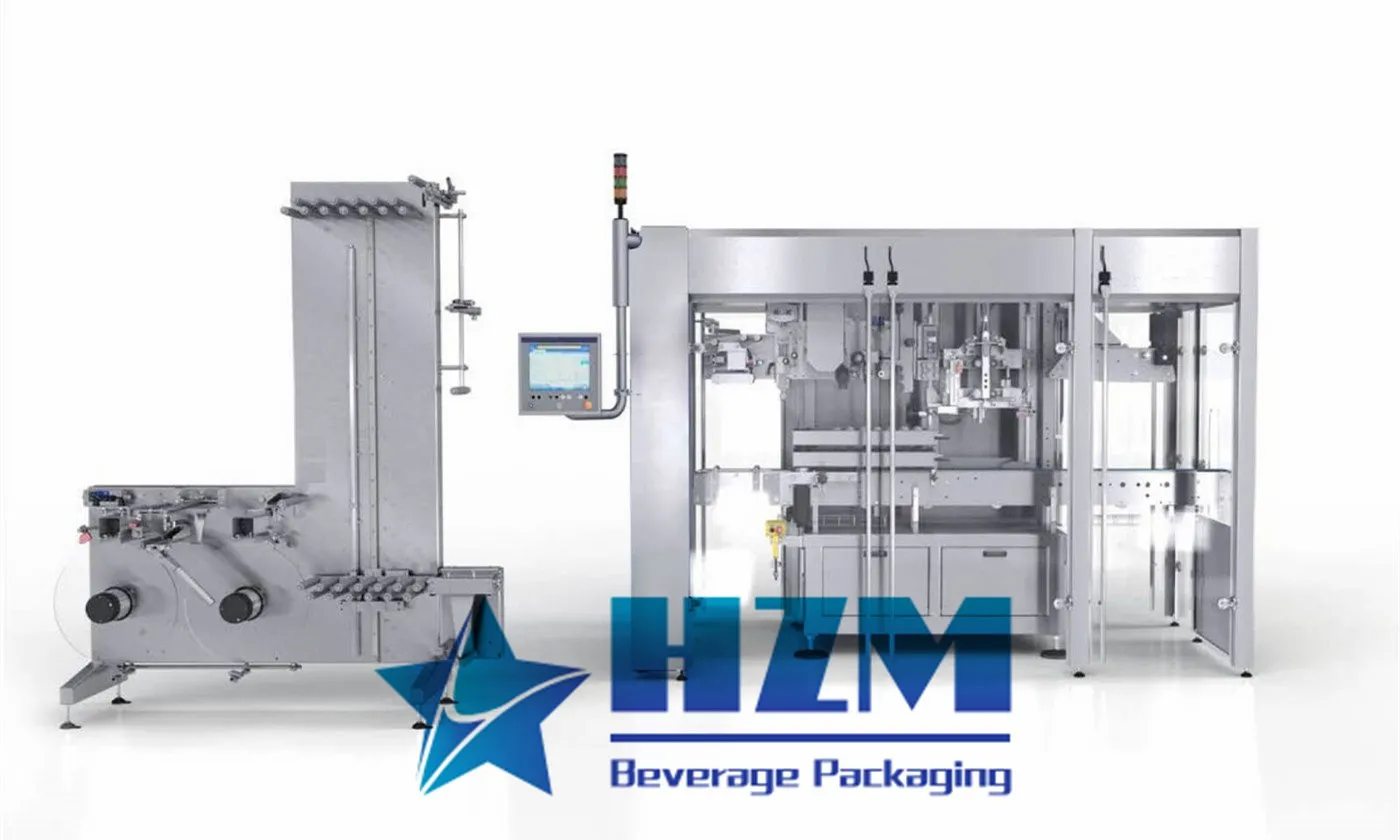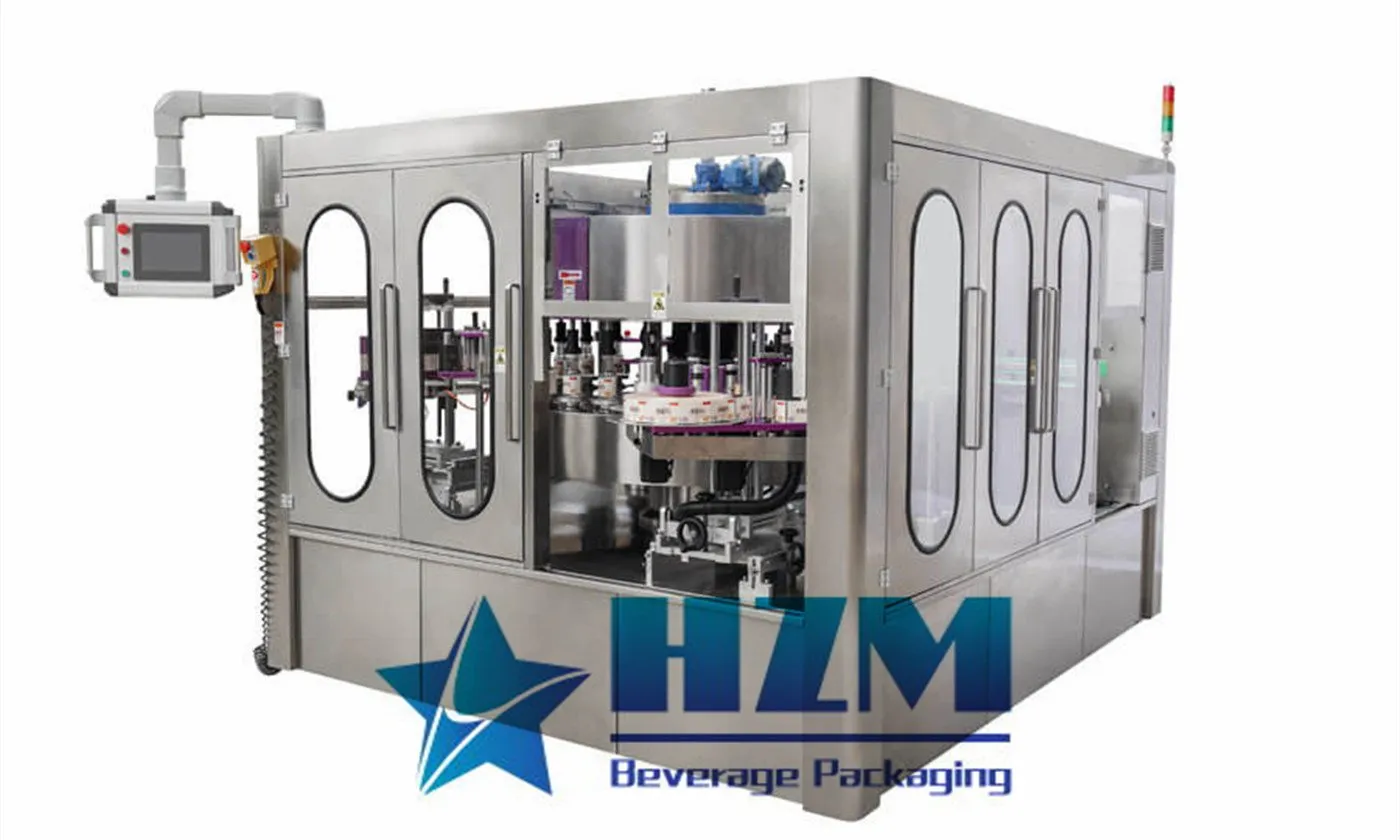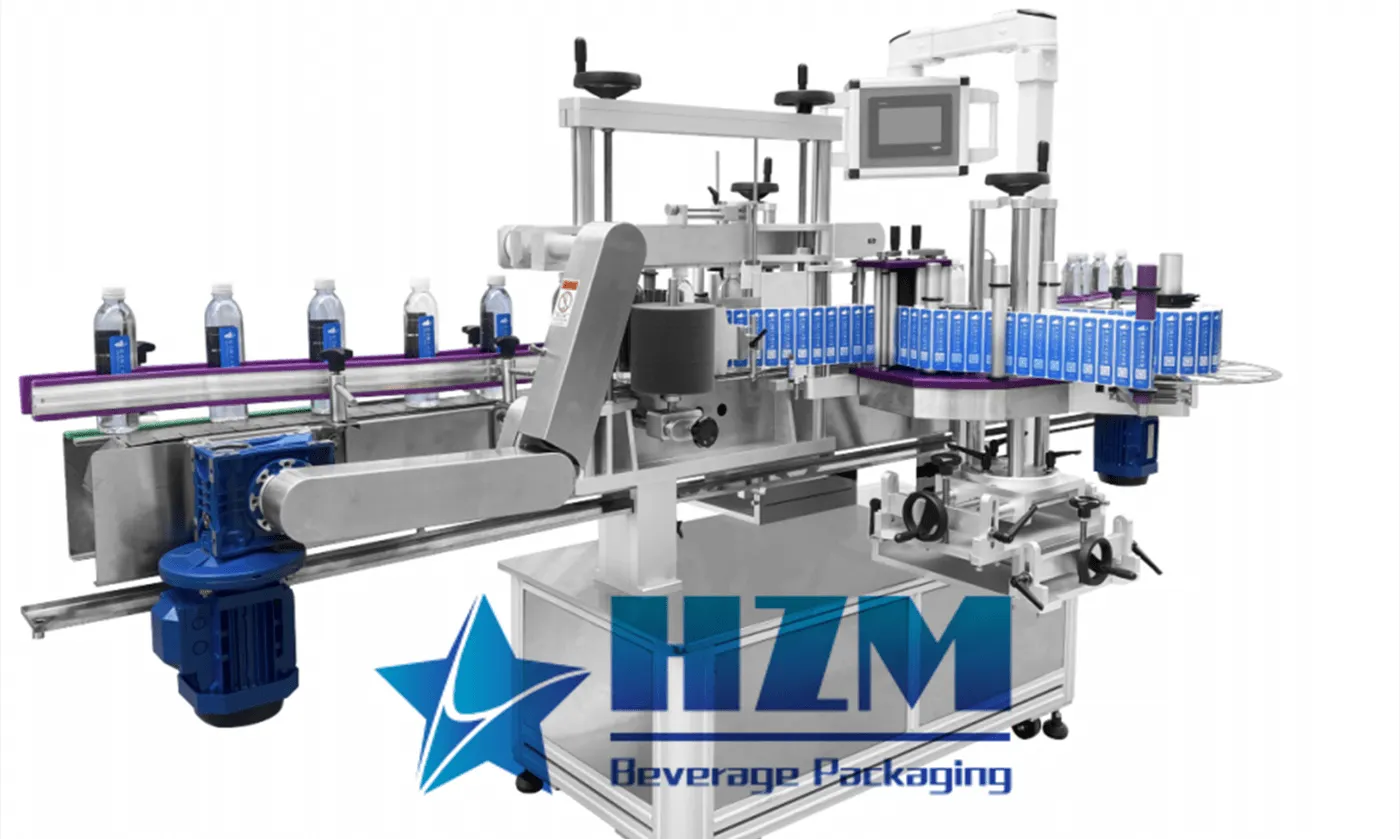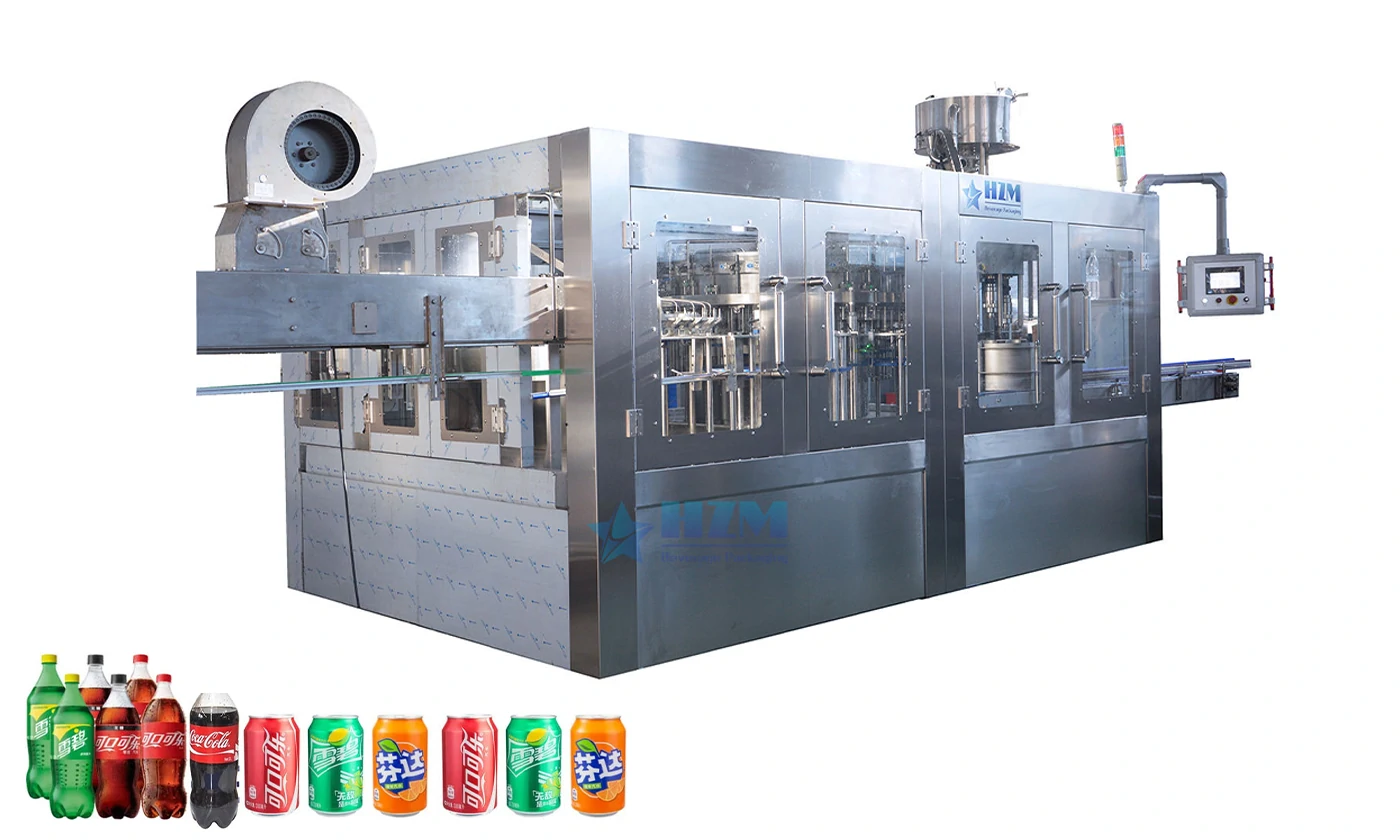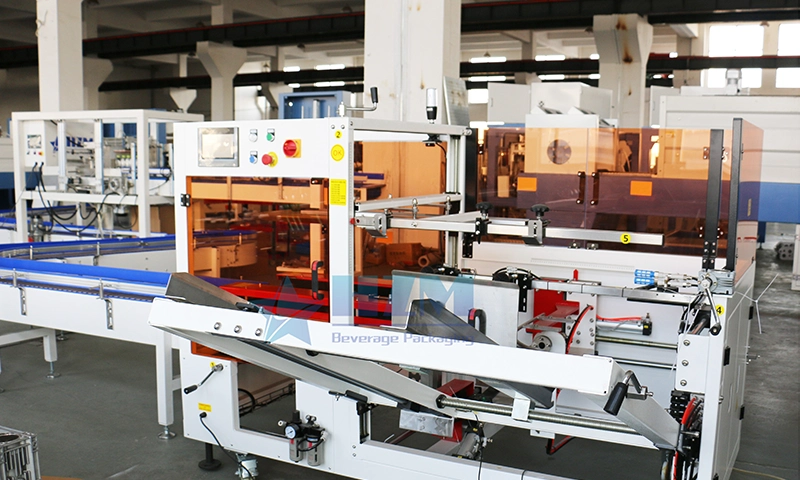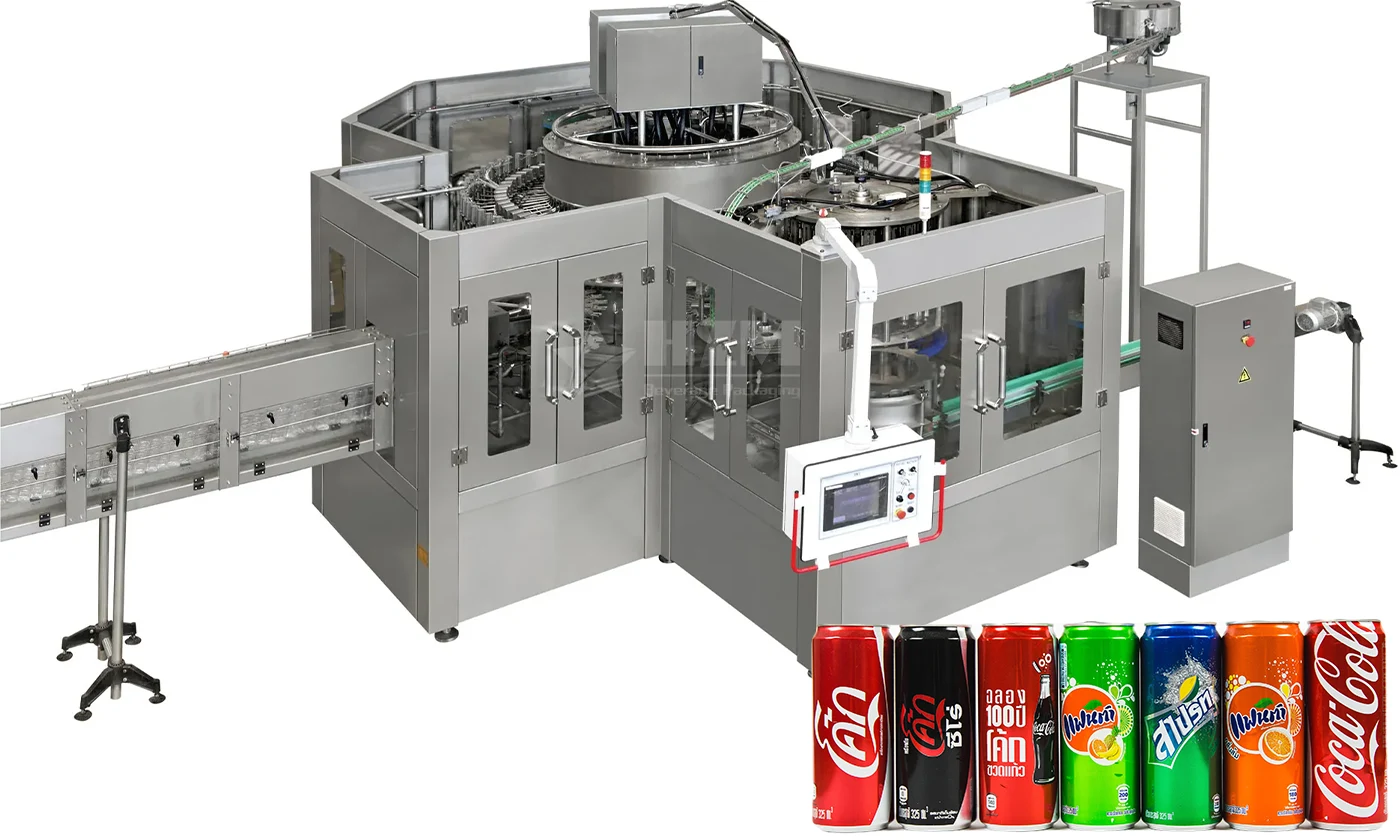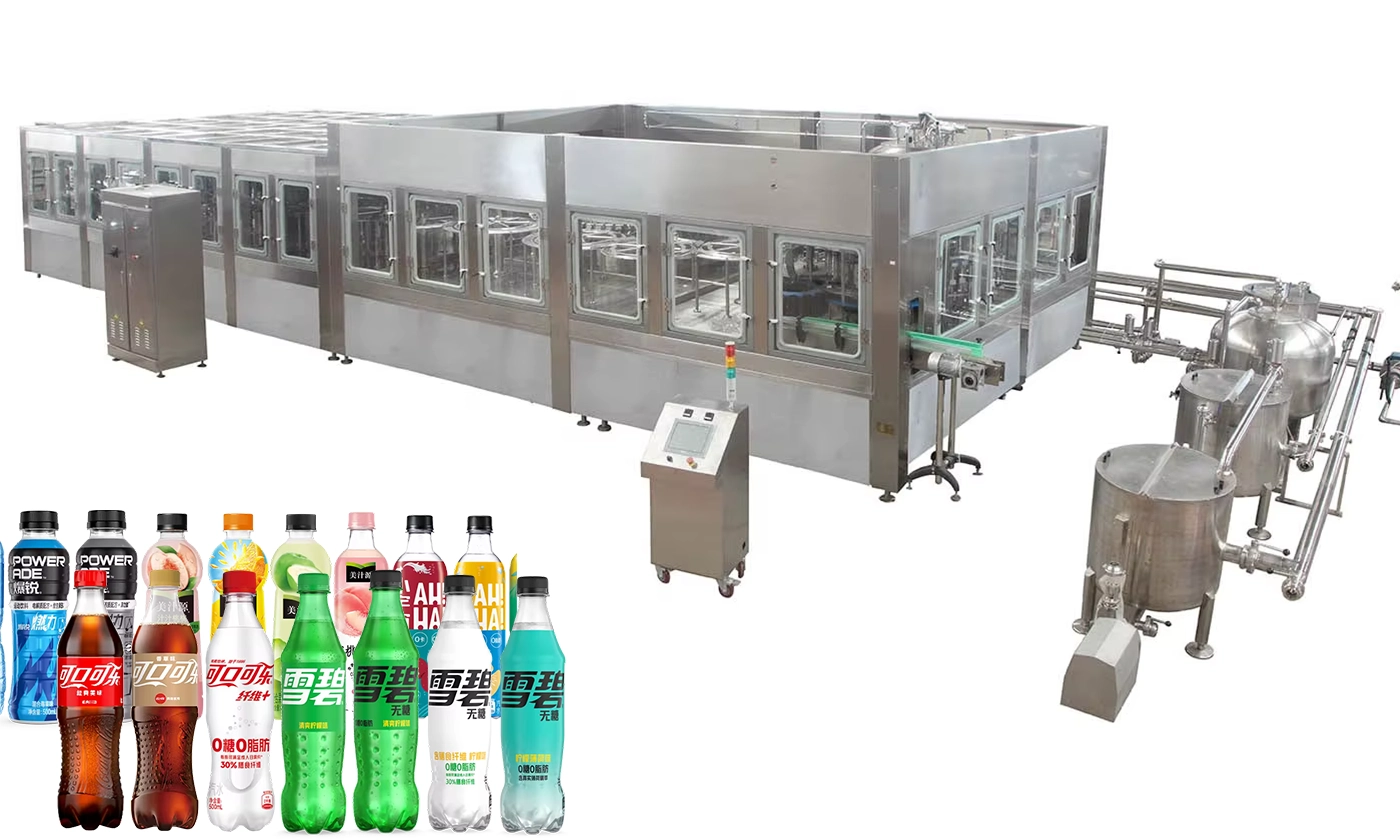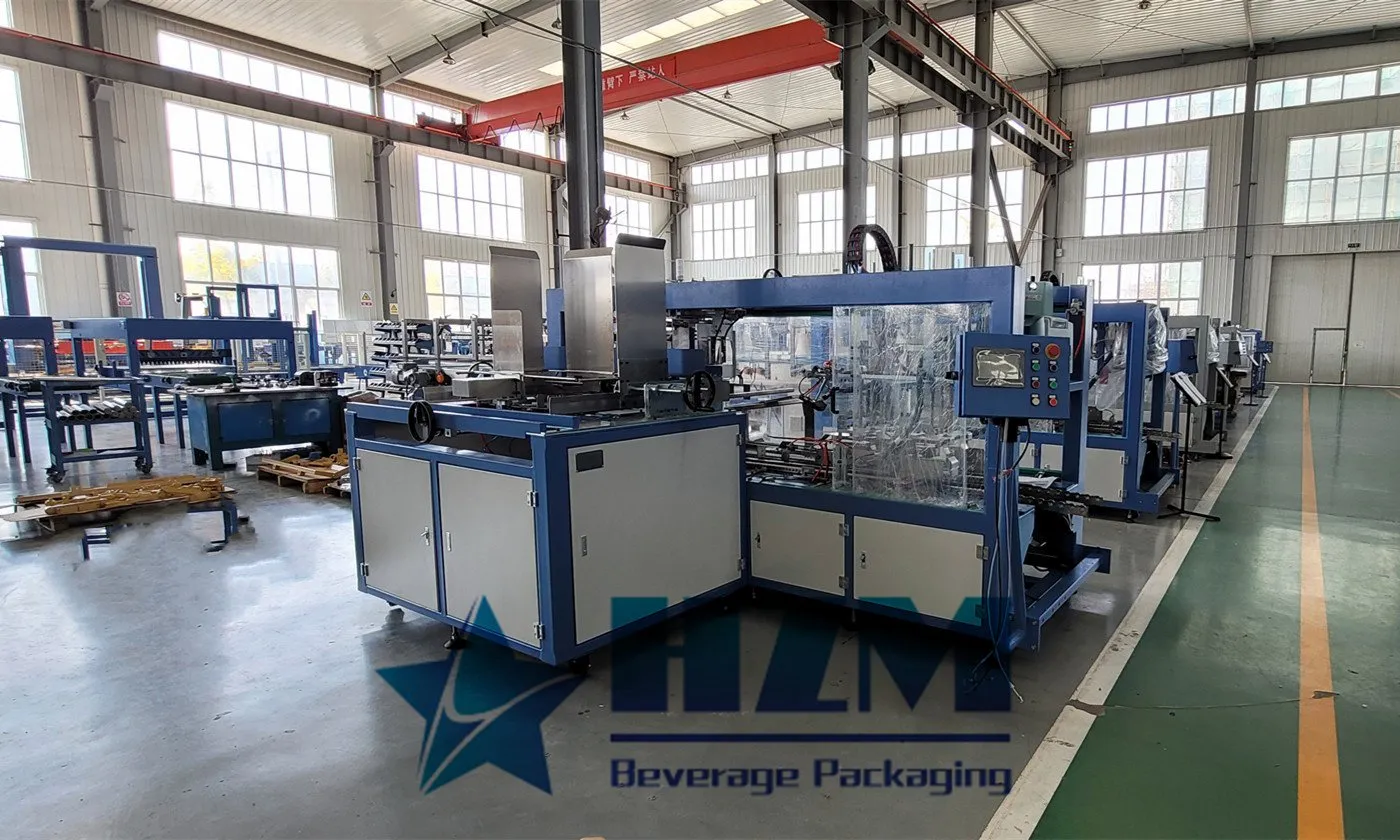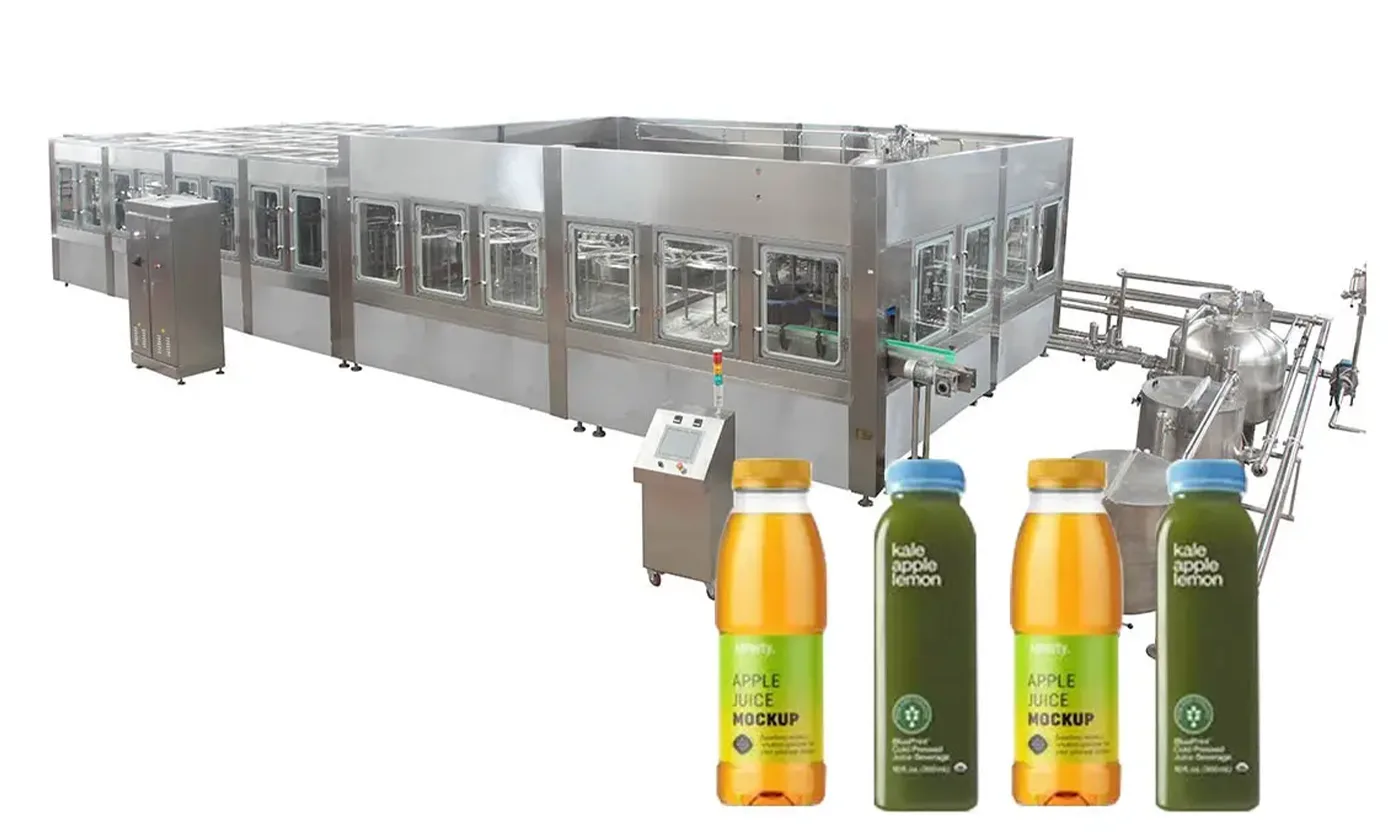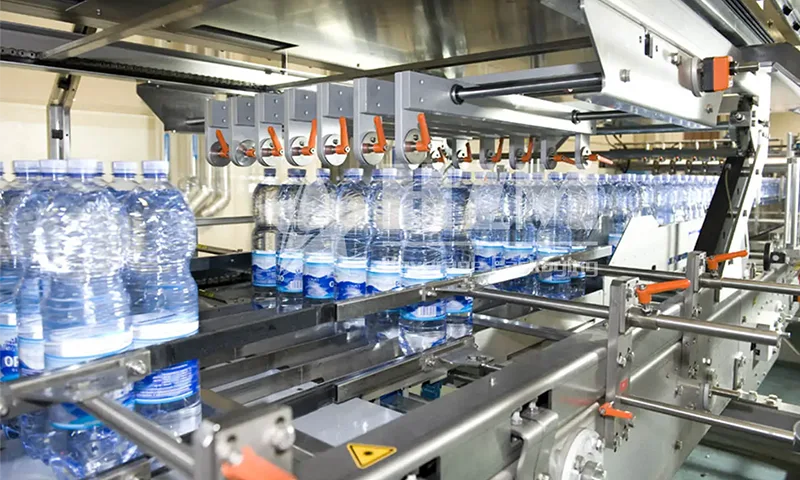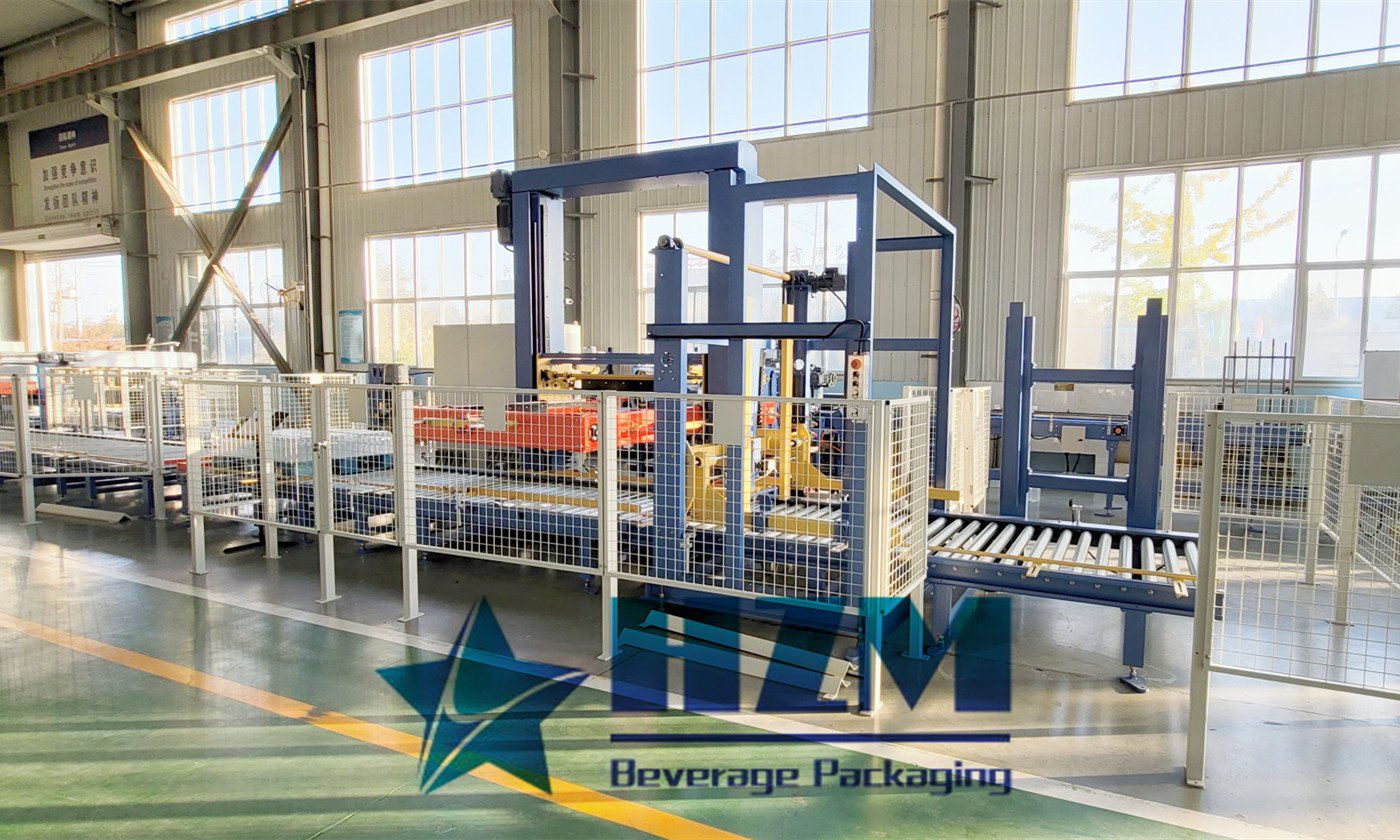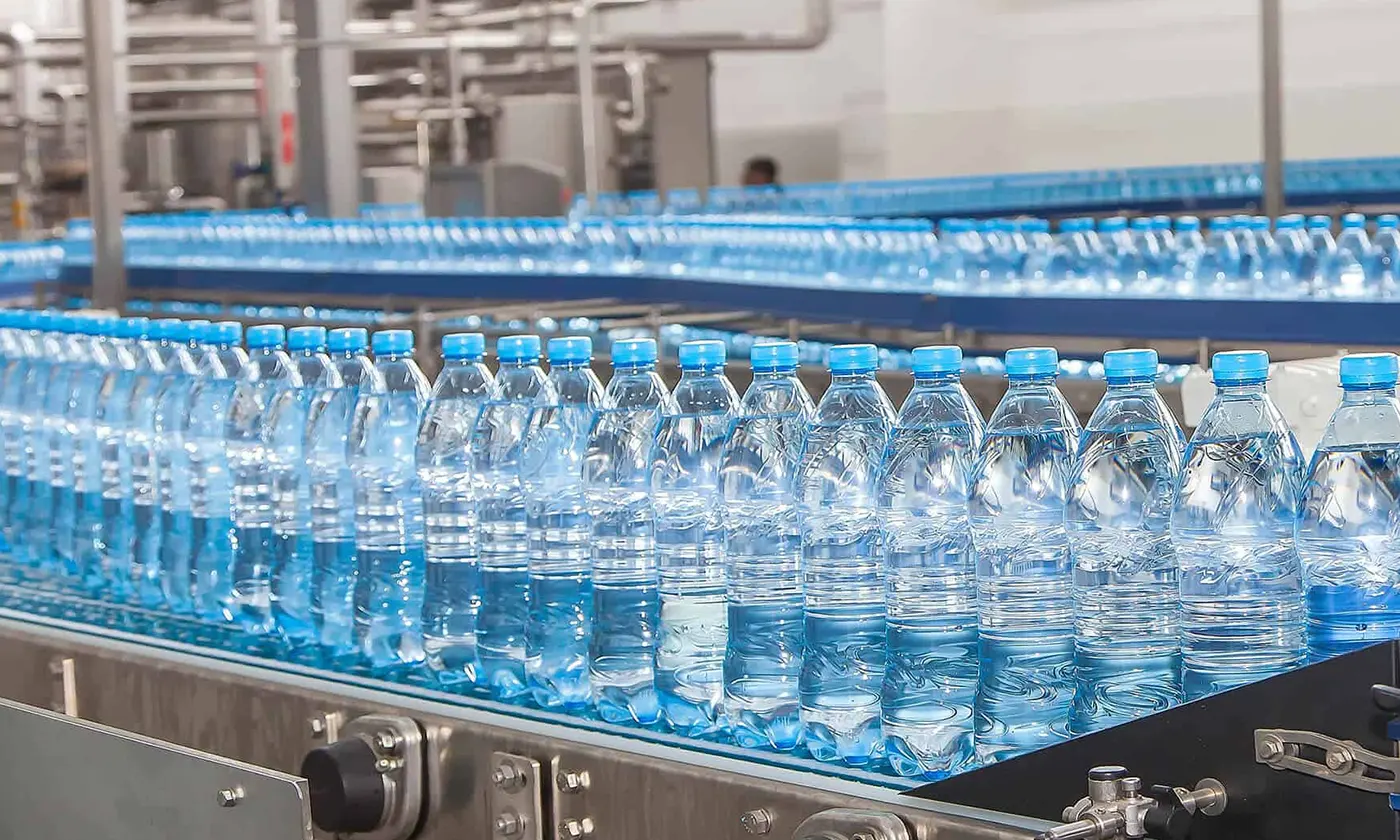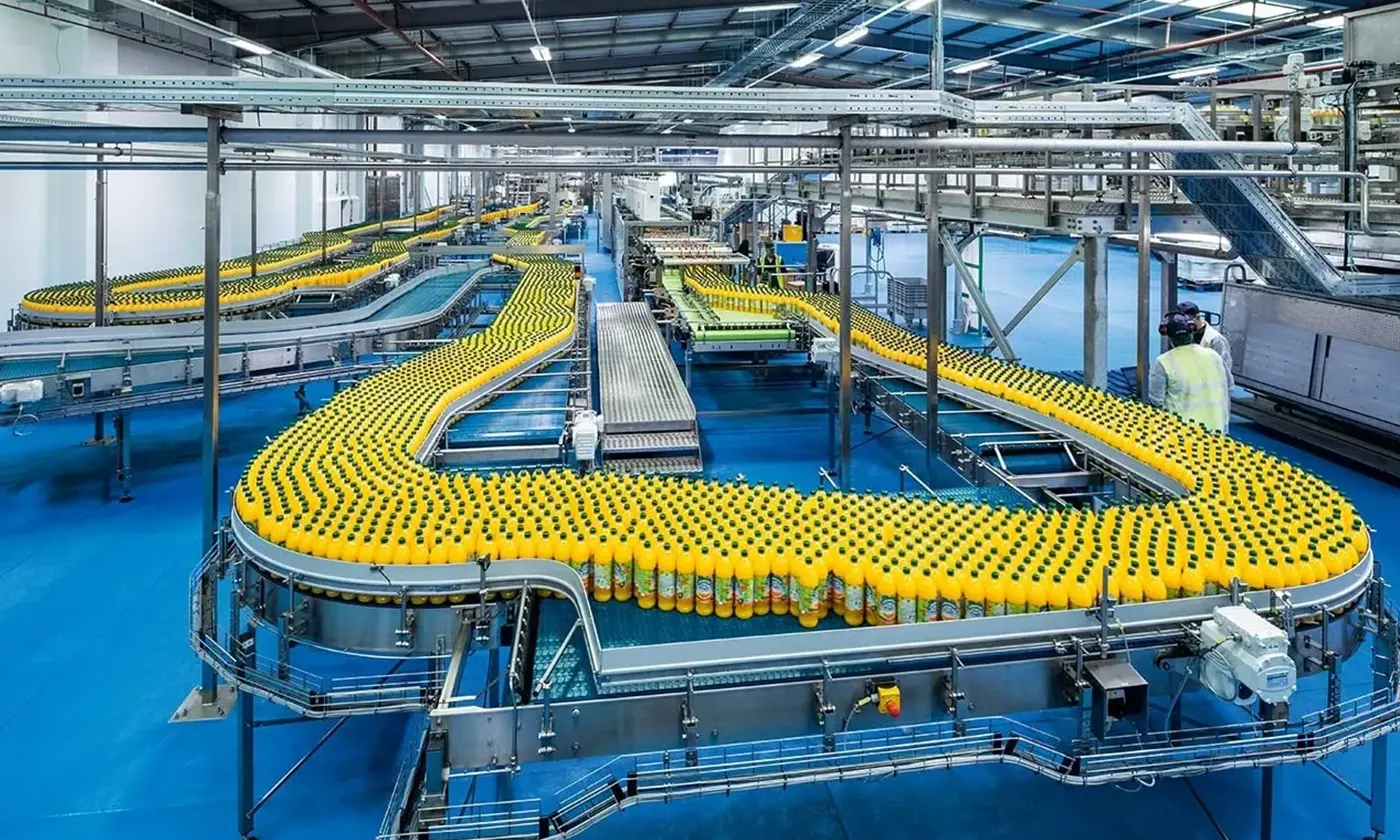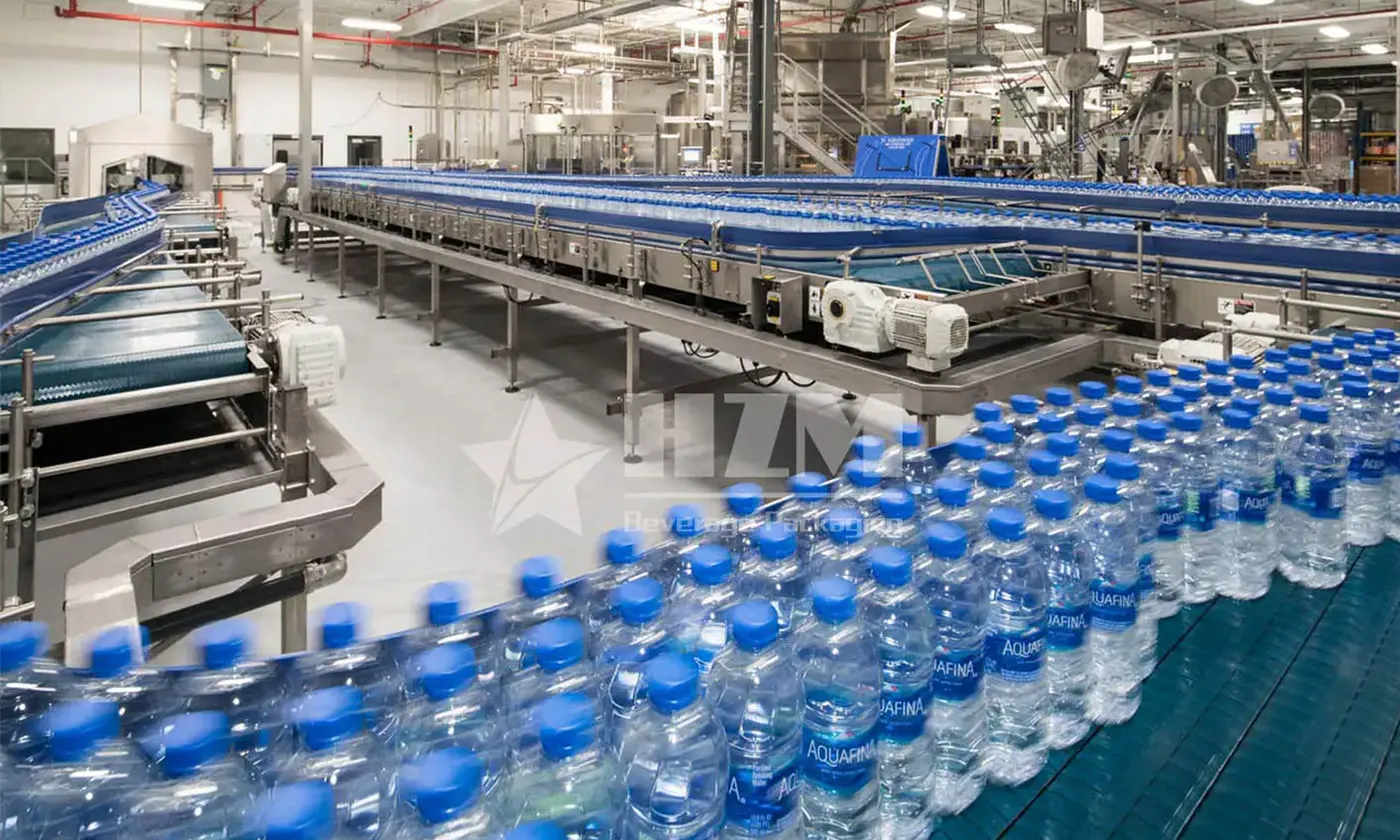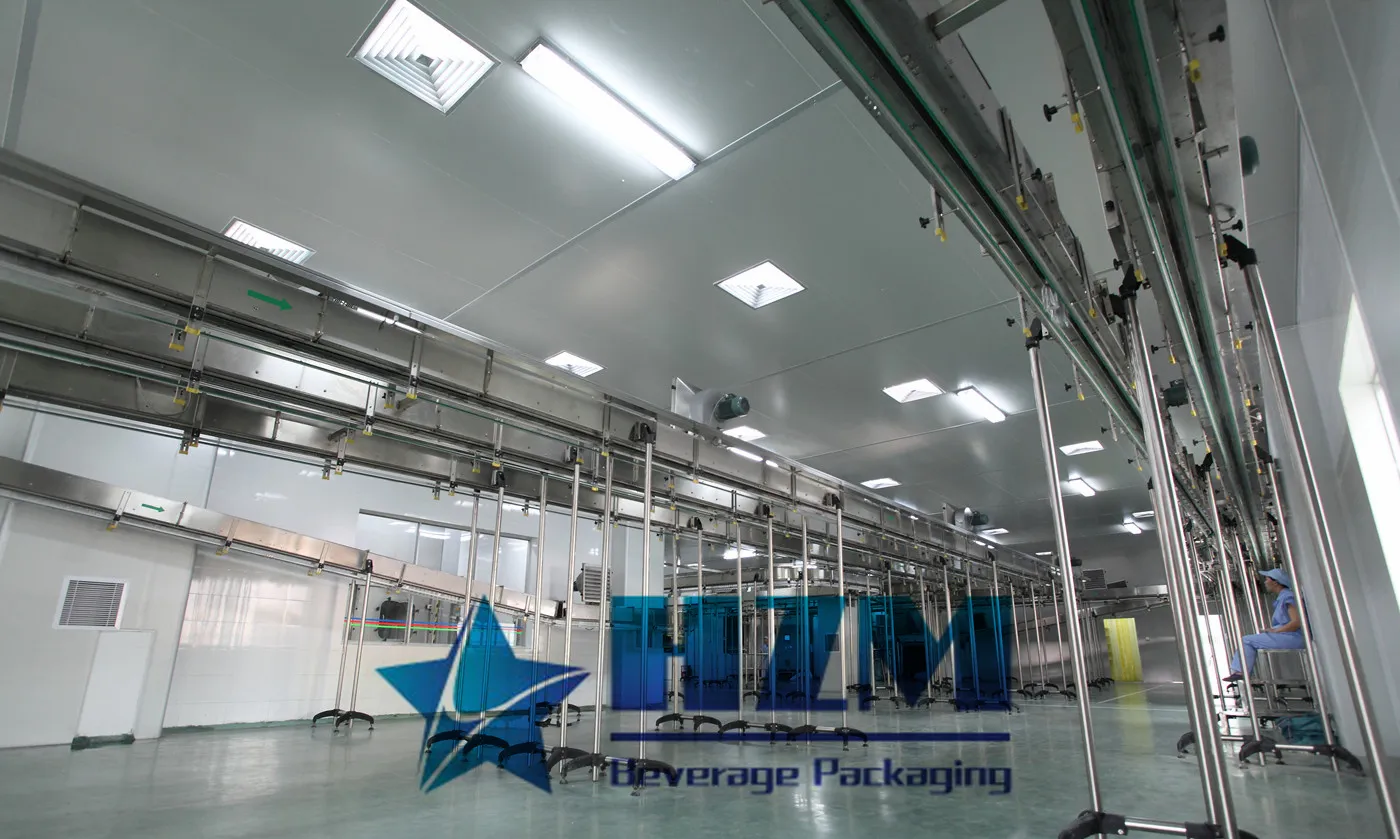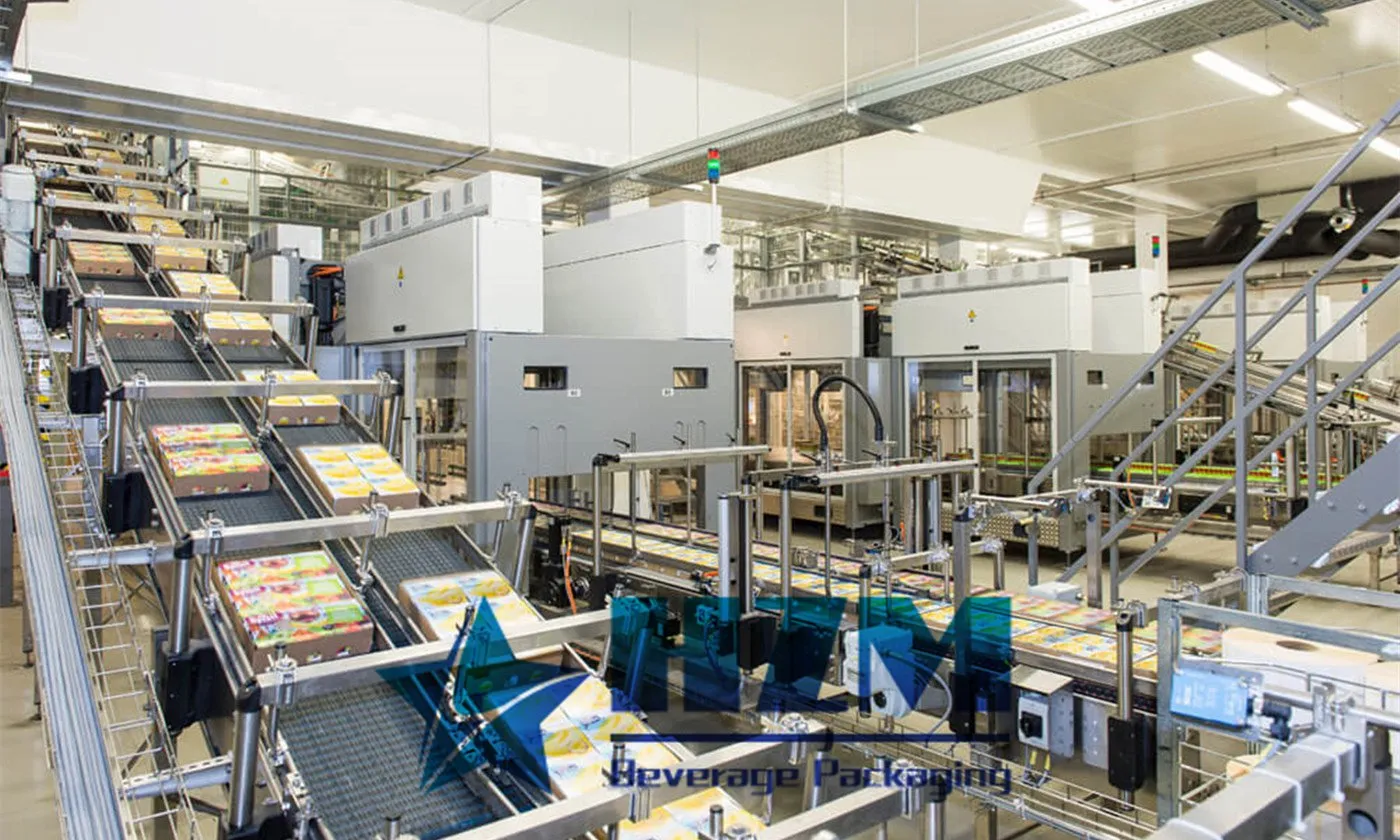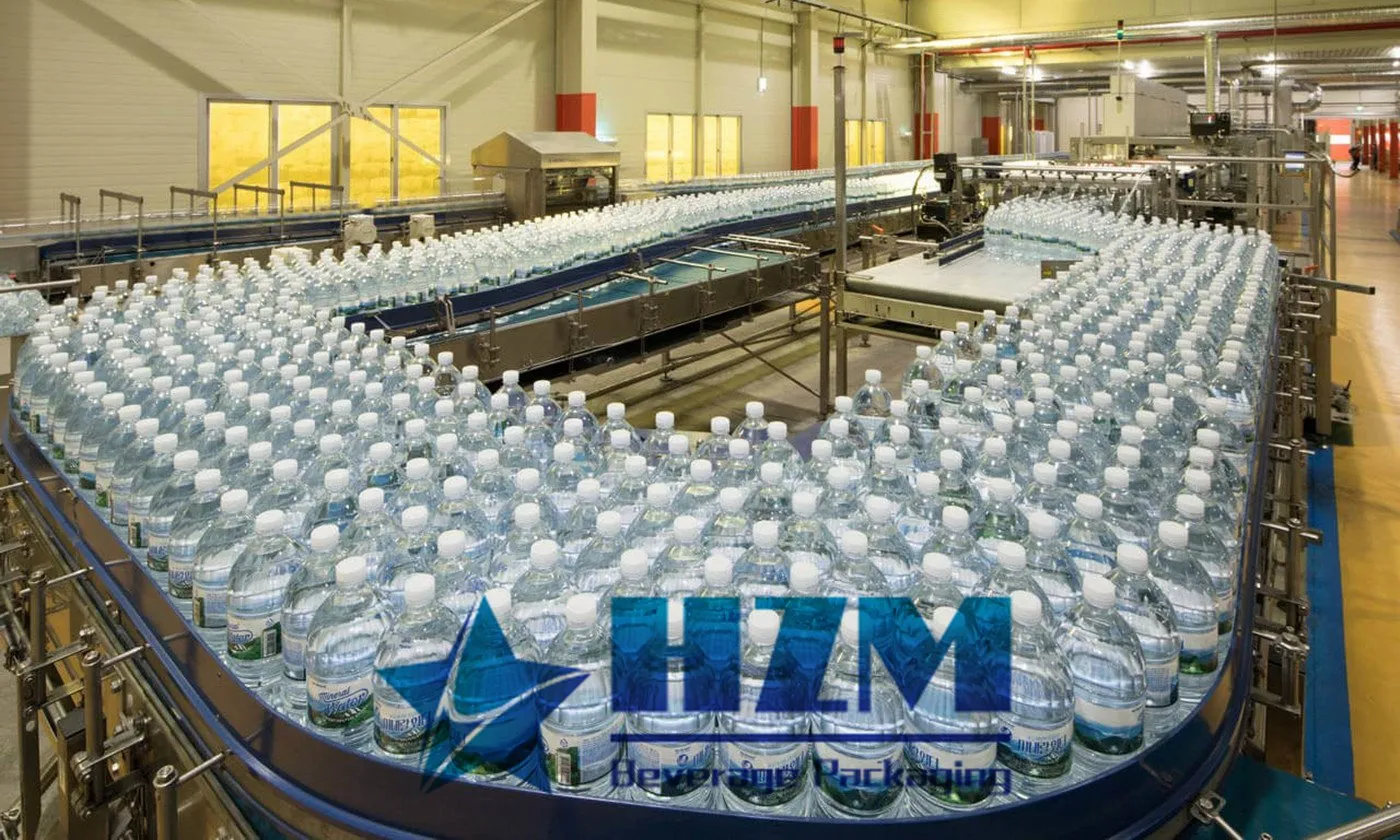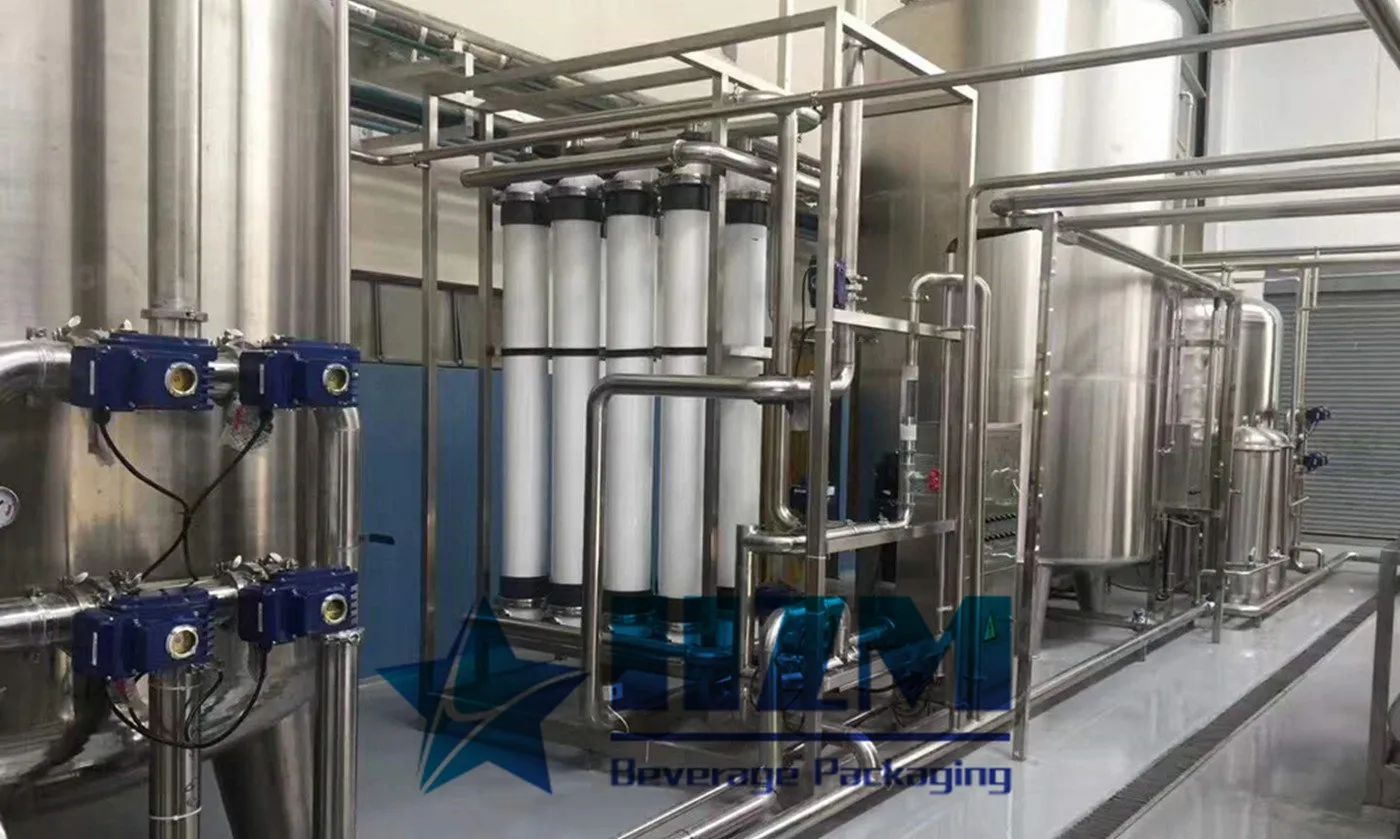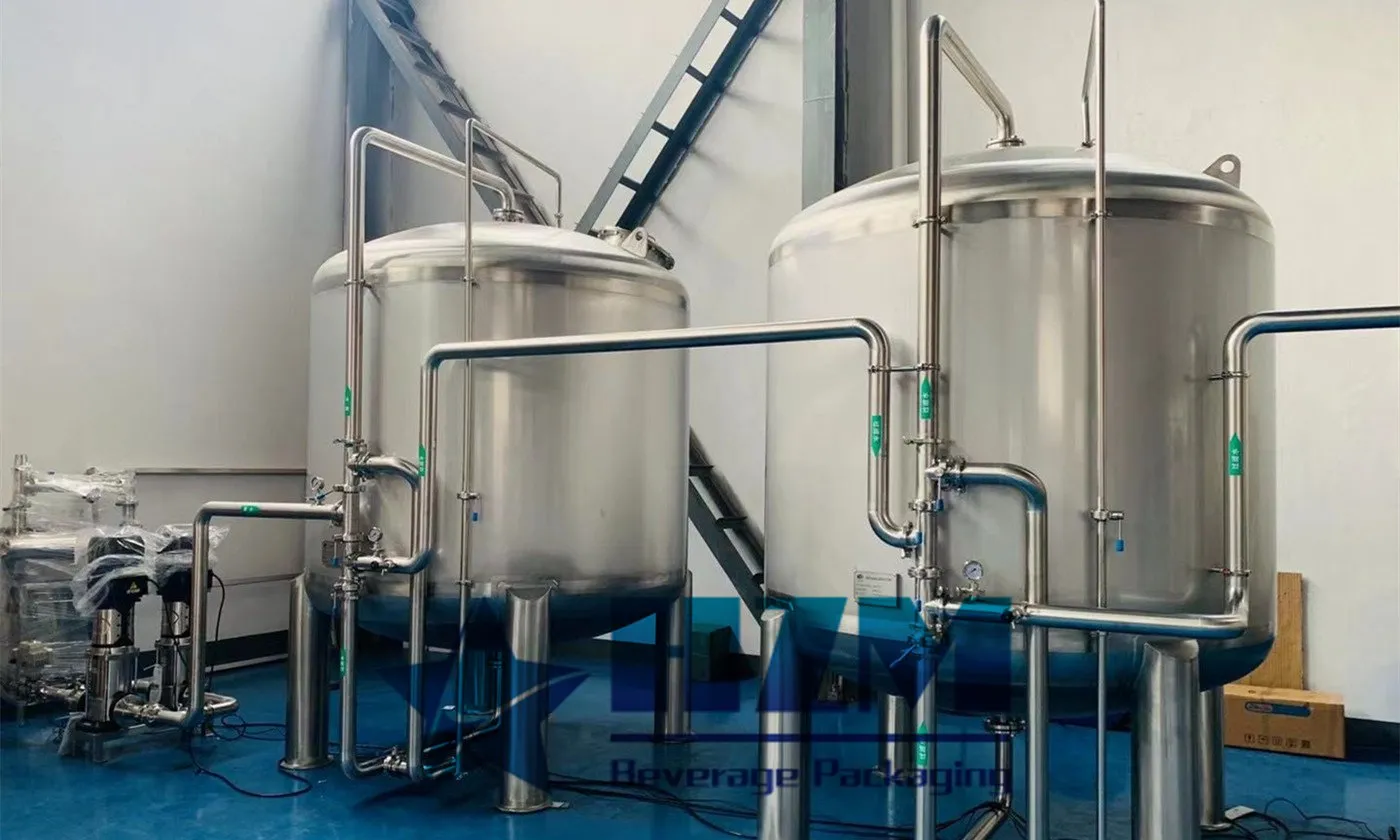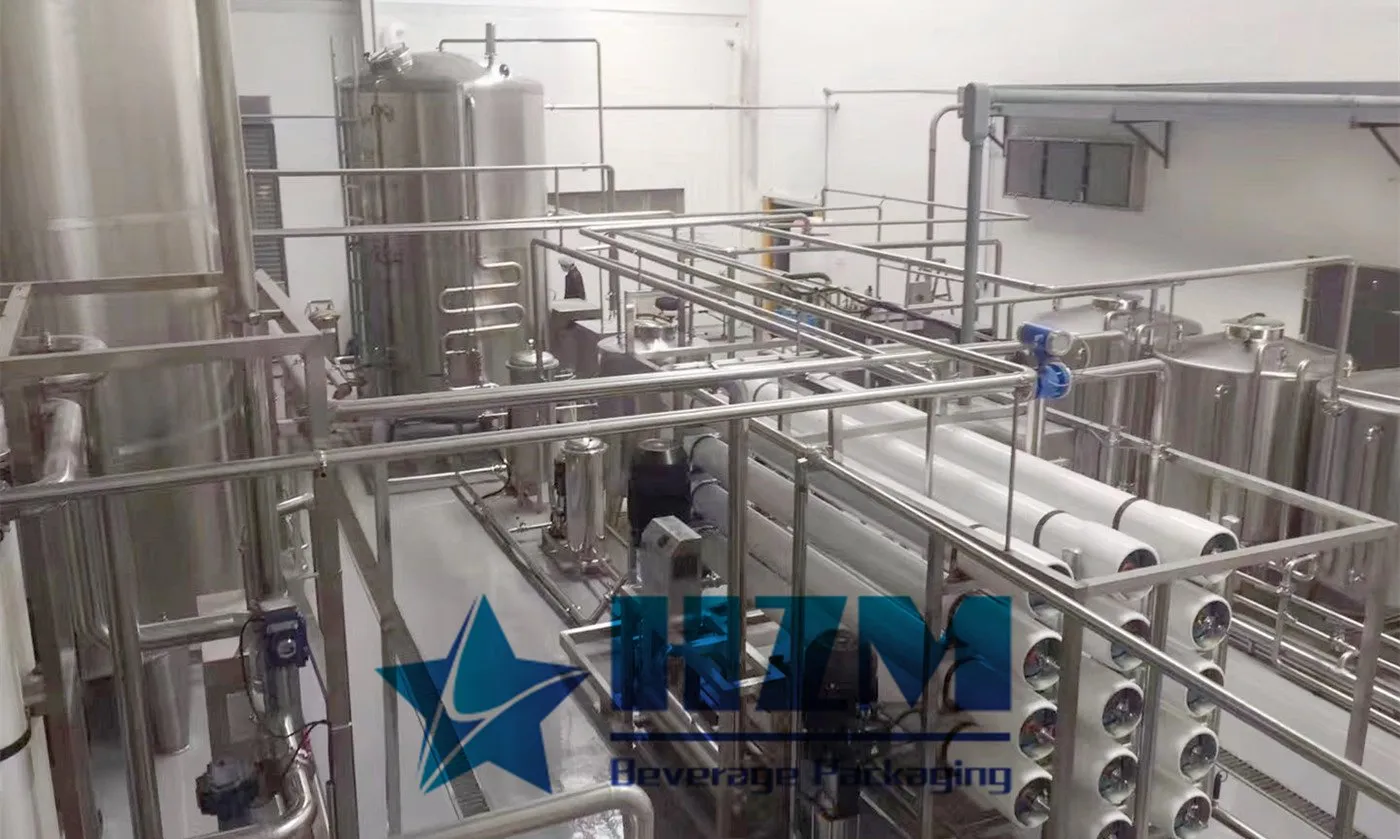Water Treatment in the Industrial Food and Beverage Industry
In the food and beverage industry, water is not just an ingredient—it's essential to the smooth operation of the entire production process. However, rising water scarcity, increasing costs, and stricter discharge regulations have made water treatment and wastewater reuse both a challenge and an opportunity for the industry.
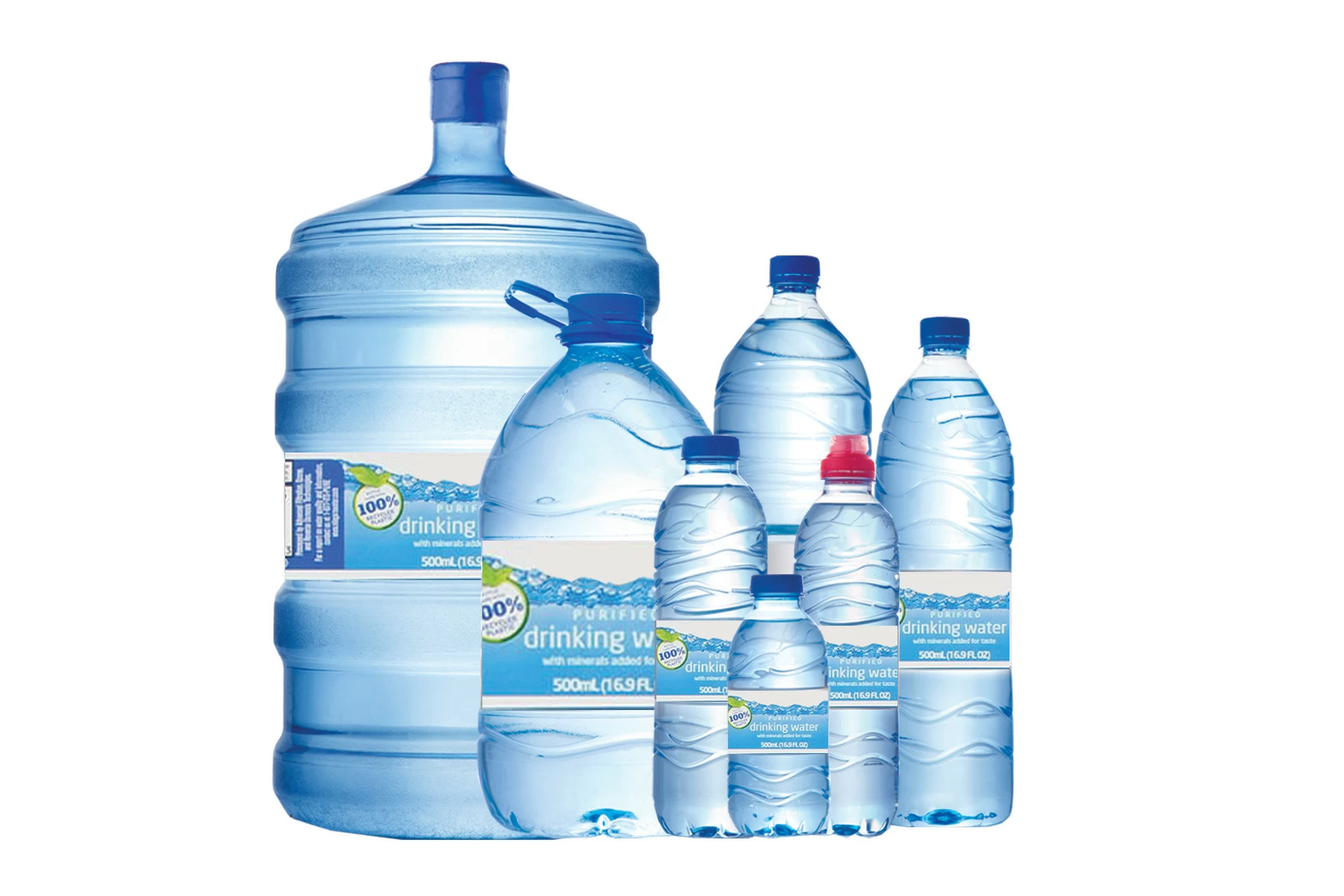
Water Challenges in the Food and Beverage Sector
The food and beverage industry faces several major water-related challenges:
-
Rising Water Costs: Increasing global demand and diminishing water supplies are driving up prices, directly impacting profitability.
-
High Dependence on Water Supply: Reliable access to clean water is essential for uninterrupted production, especially in water-stressed regions.
-
Strict Discharge Regulations: Local and national environmental authorities are enforcing tighter restrictions on wastewater discharge, requiring effective treatment systems to avoid penalties.
-
Water Quality Affects Product Quality: Whether used for formulation or cleaning, the quality of water directly influences product safety, taste, and consistency.
Water Usage Across the Food and Beverage Industry
Water dependency in this industry is multi-dimensional:
-
Agriculture: Irrigation, livestock hydration, and primary raw material processing all rely heavily on water. For instance, the dairy sector's milk yield is directly influenced by the quality of water consumed by livestock—especially since milk is approximately 88% water.
-
Beverage Production: Water is the primary ingredient in most beverages. Its purity and mineral content directly impact flavor and product stability. Breweries, for example, require large volumes of high-quality water for consistent beer production.
-
Food Processing: From washing produce to cleaning processing lines and transporting goods, large volumes of clean water are essential. Contaminated water can jeopardize food safety and shelf life.
Water scarcity or poor water quality can disrupt the entire supply chain, affecting everything from production preparation to the quality of finished goods reaching consumers.
The Solution: Wastewater Treatment and Reuse
Installing an effective wastewater treatment system is a practical approach for reducing freshwater demand, ensuring regulatory compliance, and improving overall operational efficiency. Modern systems are capable of removing solids, salts, minerals, bacteria, and organic pollutants—transforming wastewater into high-quality water suitable for reuse.
Key Benefits of Water Treatment in the Food and Beverage Industry:
-
✅ Reduced Water Consumption: Recycling treated wastewater significantly cuts down the need for fresh water, lowering costs and supporting sustainability goals.
-
✅ Reliable Water Supply: Internal reuse systems mitigate external water shortages, ensuring continuous production and supply chain stability.
-
✅ Regulatory Compliance: Proper treatment systems help businesses meet discharge standards, avoiding fines and maintaining a strong environmental record.
-
✅ Consistent Product Quality: Treated water meeting specific quality standards helps maintain product safety, taste, appearance, and brand reputation.
-
✅ Stronger Sustainability Profile: A well-implemented water management strategy reduces environmental impact and demonstrates the company’s commitment to responsible practices—appealing to eco-conscious consumers.
Core Technologies: Reverse Osmosis (RO) and Membrane Bioreactor (MBR)
Two of the most widely used technologies in food and beverage water treatment are Reverse Osmosis (RO) and Membrane Bioreactor (MBR):
-
Reverse Osmosis (RO): This pressure-driven process forces water through a semi-permeable membrane, effectively separating it from dissolved salts and minerals. RO systems can be customized to meet various purity requirements for uses such as ingredient water, equipment rinsing, or cleaning.
-
Membrane Bioreactor (MBR): By combining biological treatment with membrane filtration, MBRs offer a compact and highly efficient solution for treating complex wastewater—particularly that rich in organic content, as commonly found in food and beverage operations.
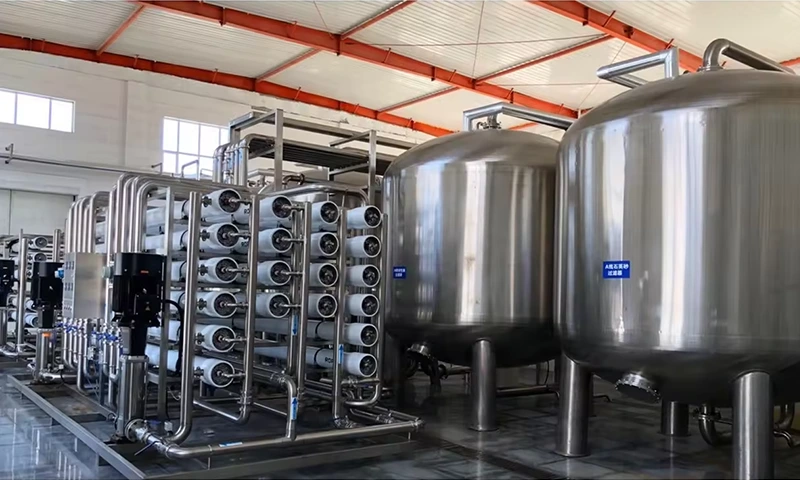
TAG: RO System Water Treatment Water treatment system
How to set up a bottled water production line and how much capital is required?
Raw Water Treatment System for Beverage Plant
HZM Food and Beverage Water Treatment Solutions
Commercial industrial reverse osmosis machine
Creating Healthy and Clean Drinking Water with Reverse Osmosis Purification Lines
Bottled water production process PDF
Mineral Water Production Line Equipment: Prices and Manufacturers
-
![Beverage Packaging Machine for Juice, Soft Drinks, Carbonated Drinks, and Energy Drink]()
Beverage Packaging Machine for Juice, Soft Drinks, Carbonated Drinks, and Energy Drink
-
![Glass Bottle CSD & Water Drinks Filling Machine]()
Glass Bottle CSD & Water Drinks Filling Machine
-
![Automatic 5 Gallon Water Filling Line | 3-5 Gallon Bottled Water Production Line Manufacturer]()
Automatic 5 Gallon Water Filling Line | 3-5 Gallon Bottled Water Production Line Manufacturer
-
![Automatic PET Bottle Blowing Filling Capping Machine – Best price beverage machinery]()
Automatic PET Bottle Blowing Filling Capping Machine – Best price beverage machinery
-
![PET Bottle Edible Oil Bottling Line | Automatic Rotary Type Edible Oil Filling Machine]()
PET Bottle Edible Oil Bottling Line | Automatic Rotary Type Edible Oil Filling Machine


